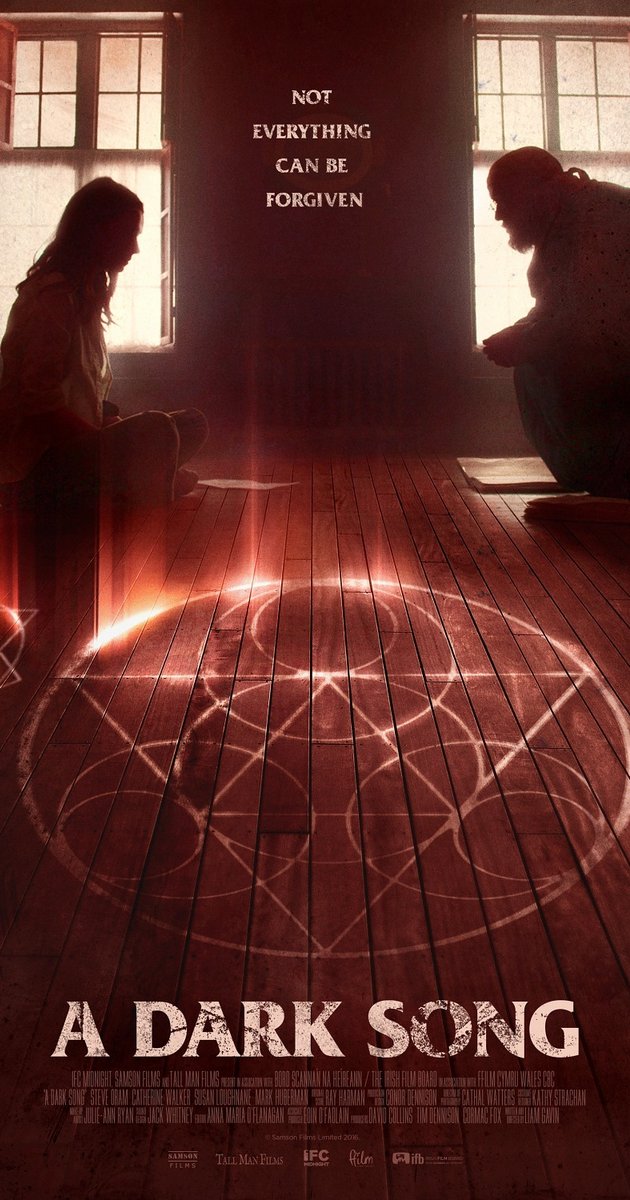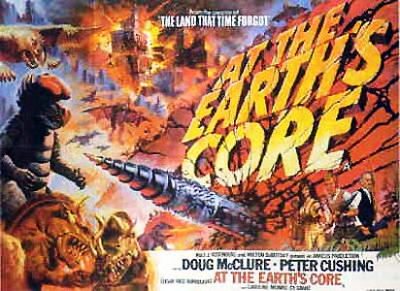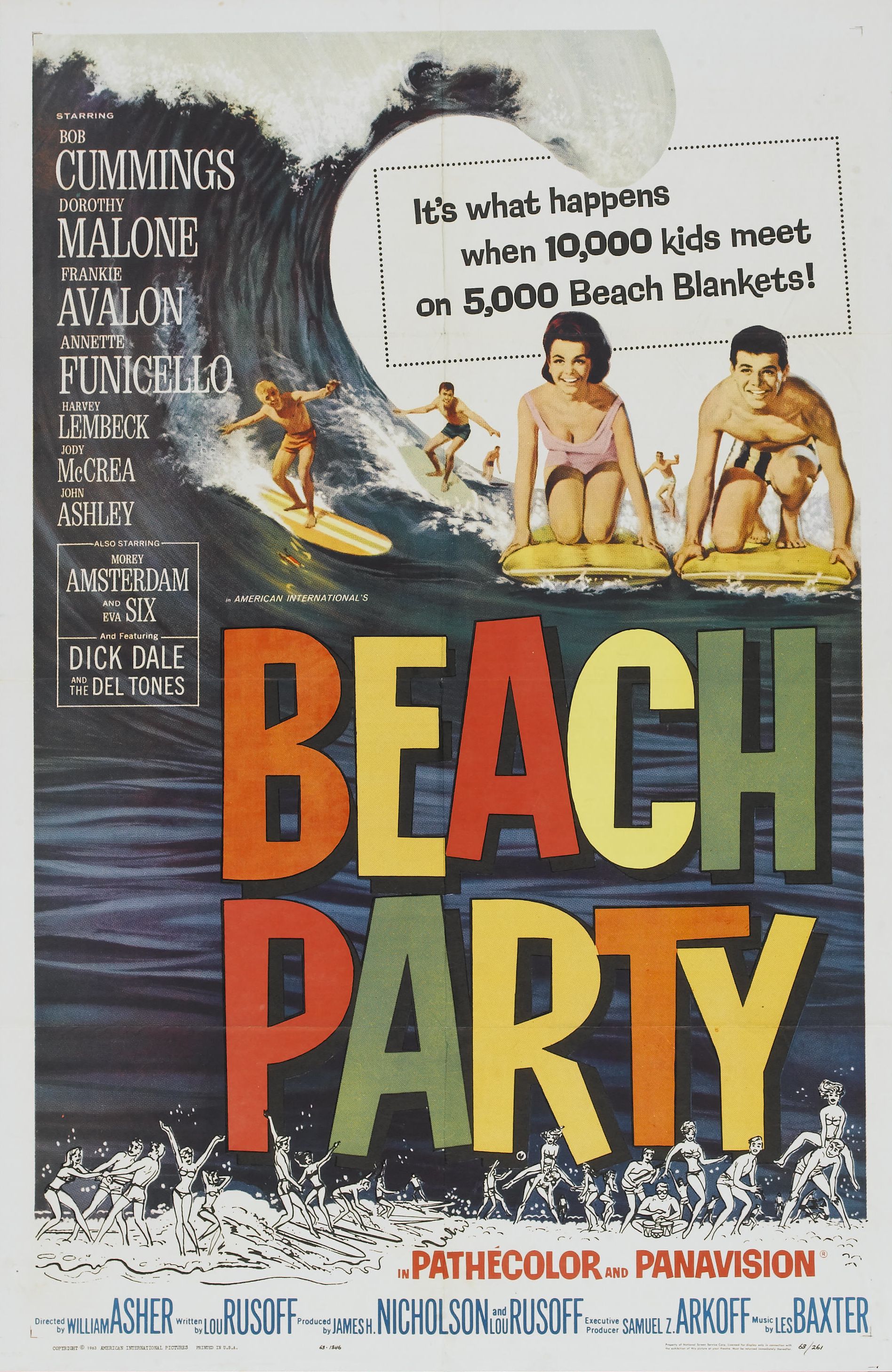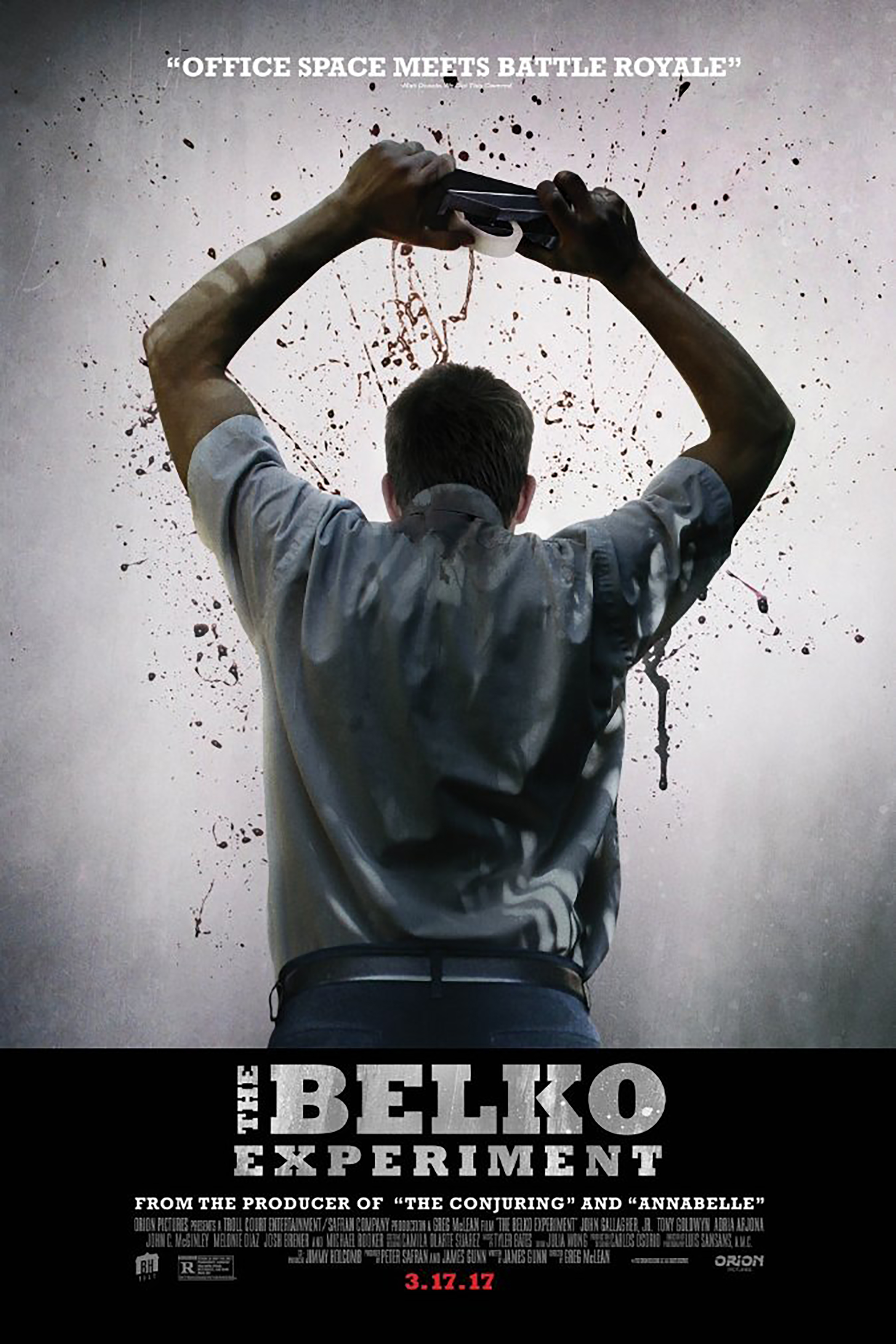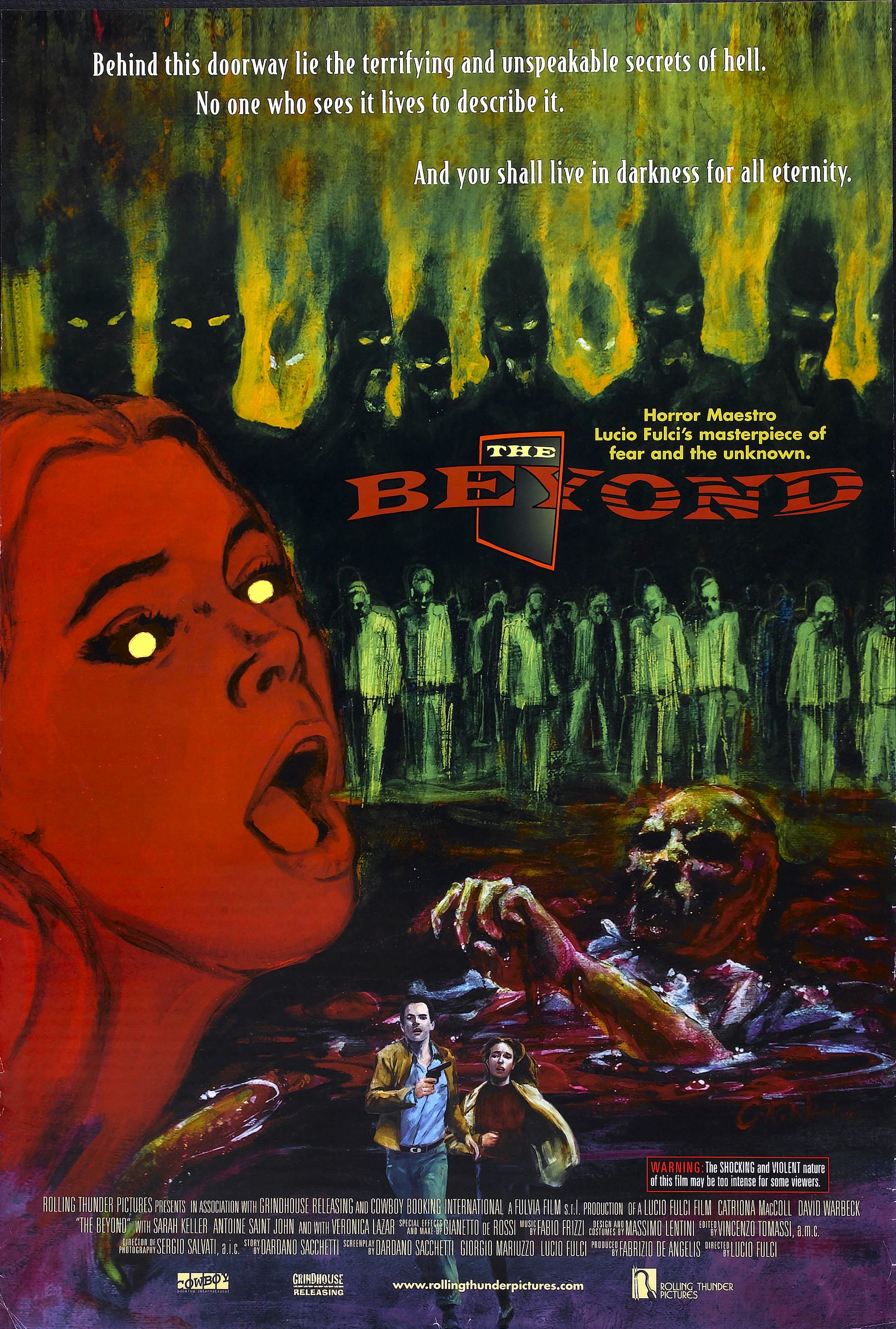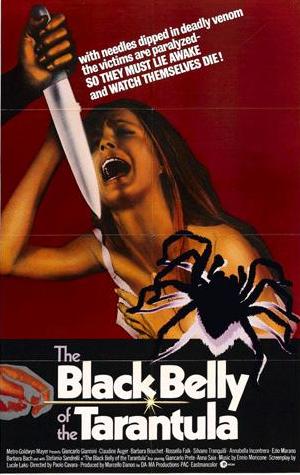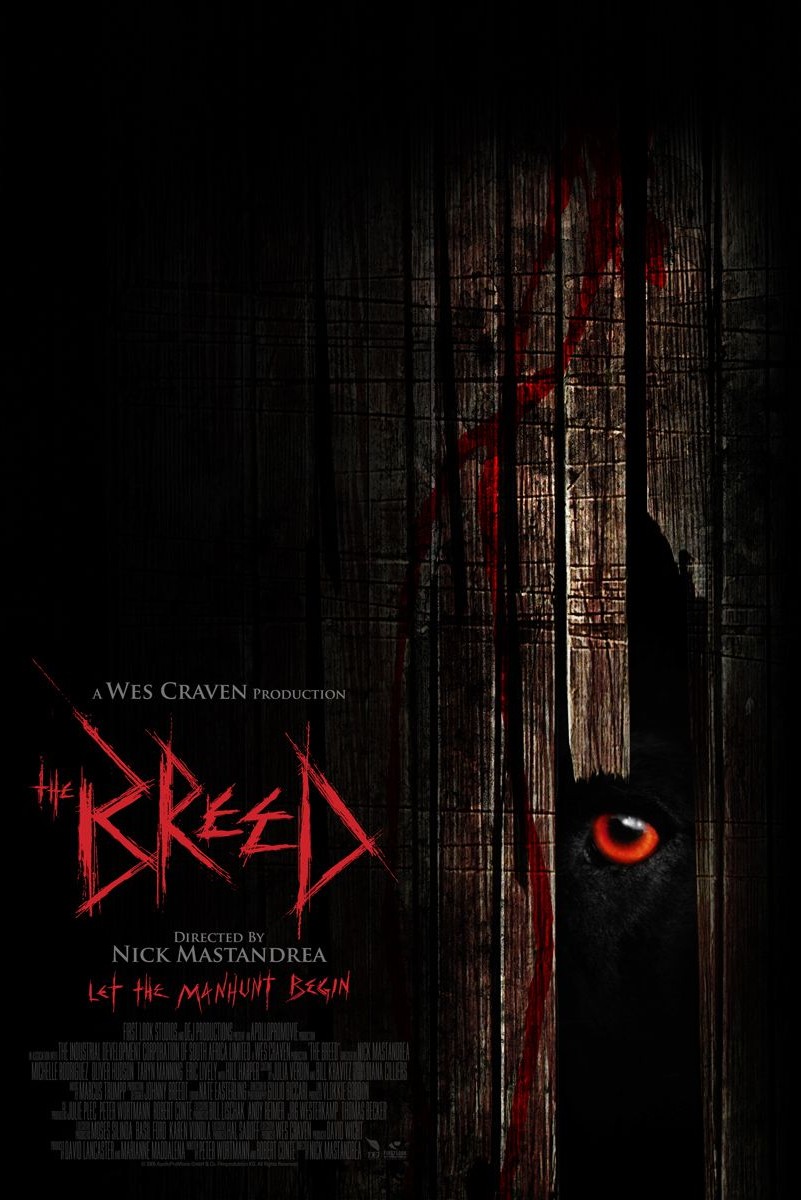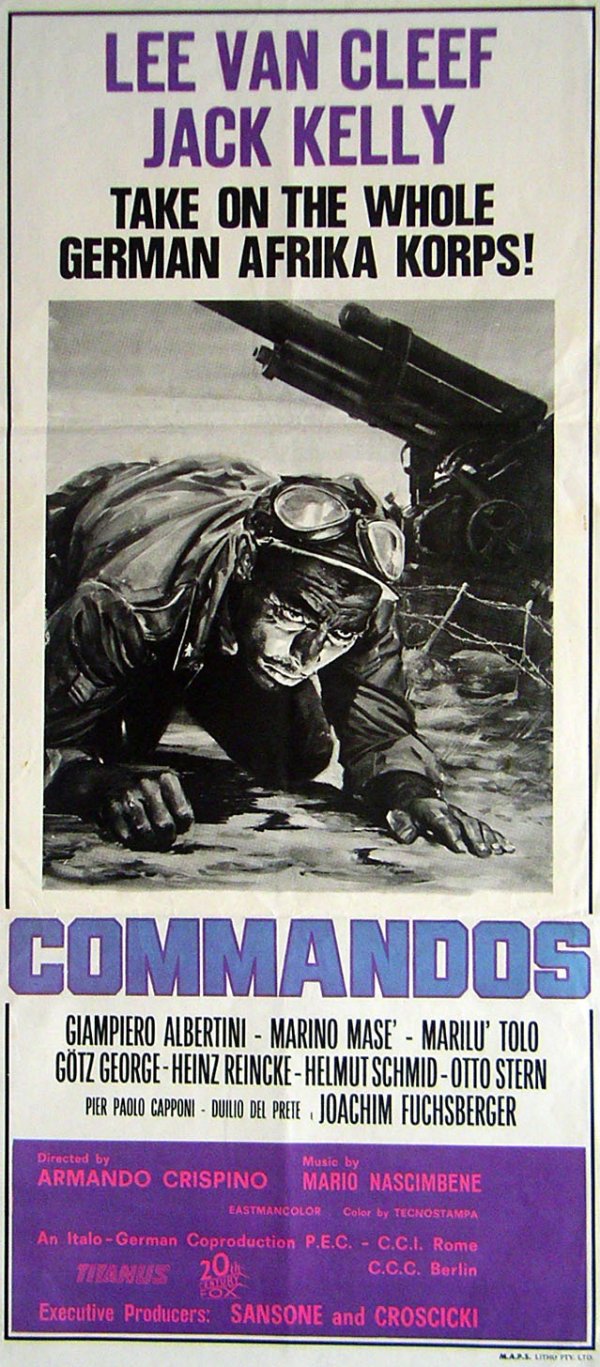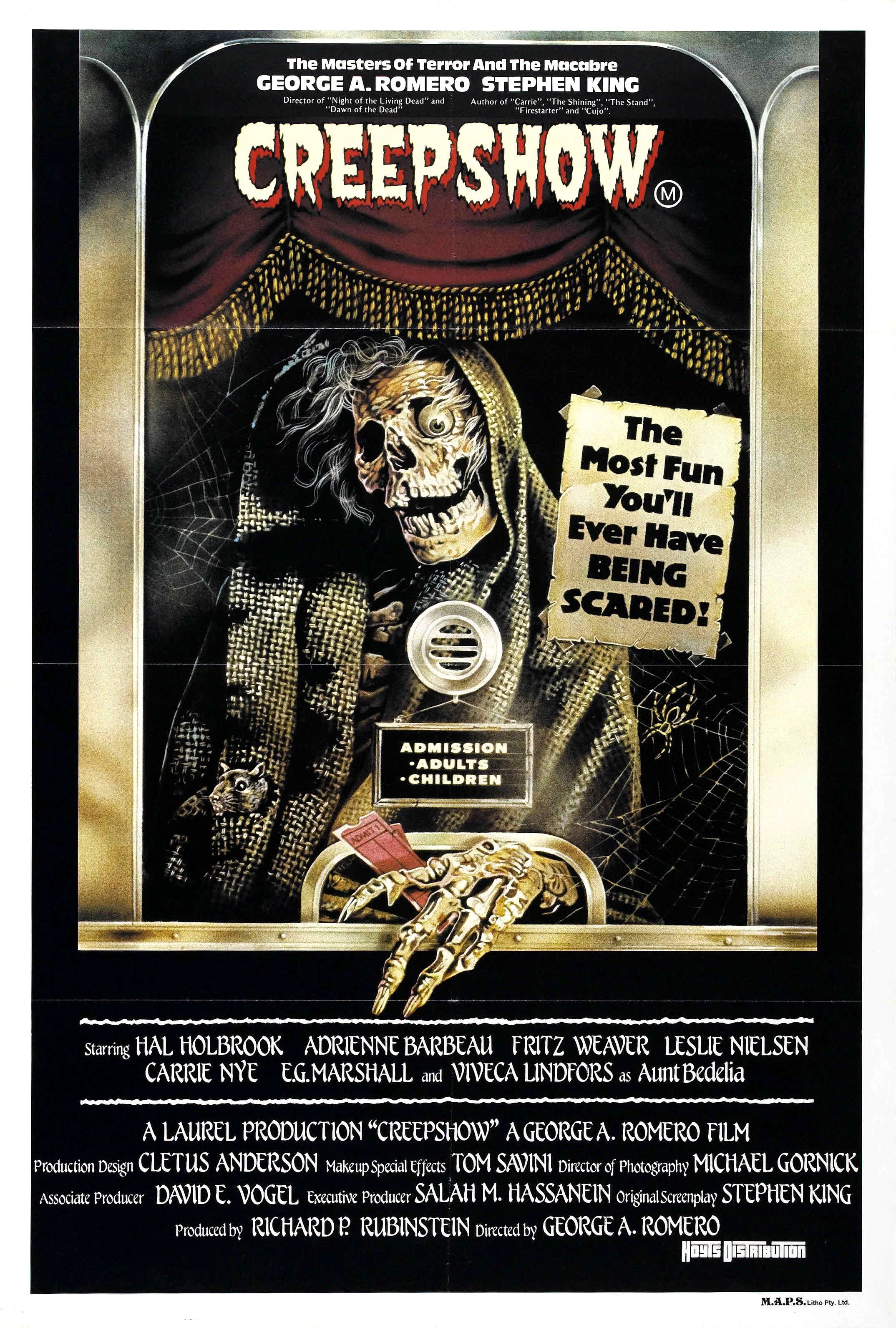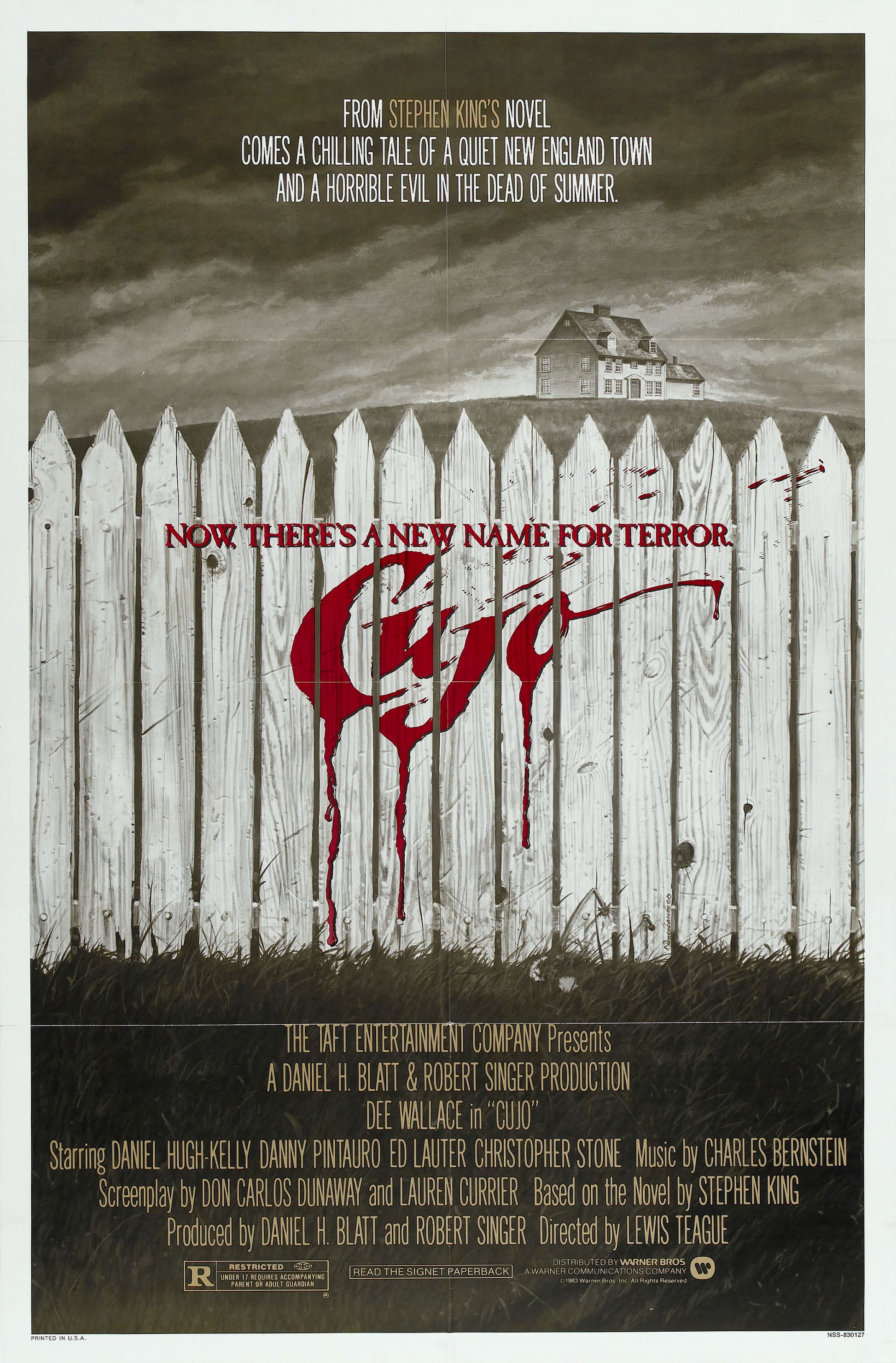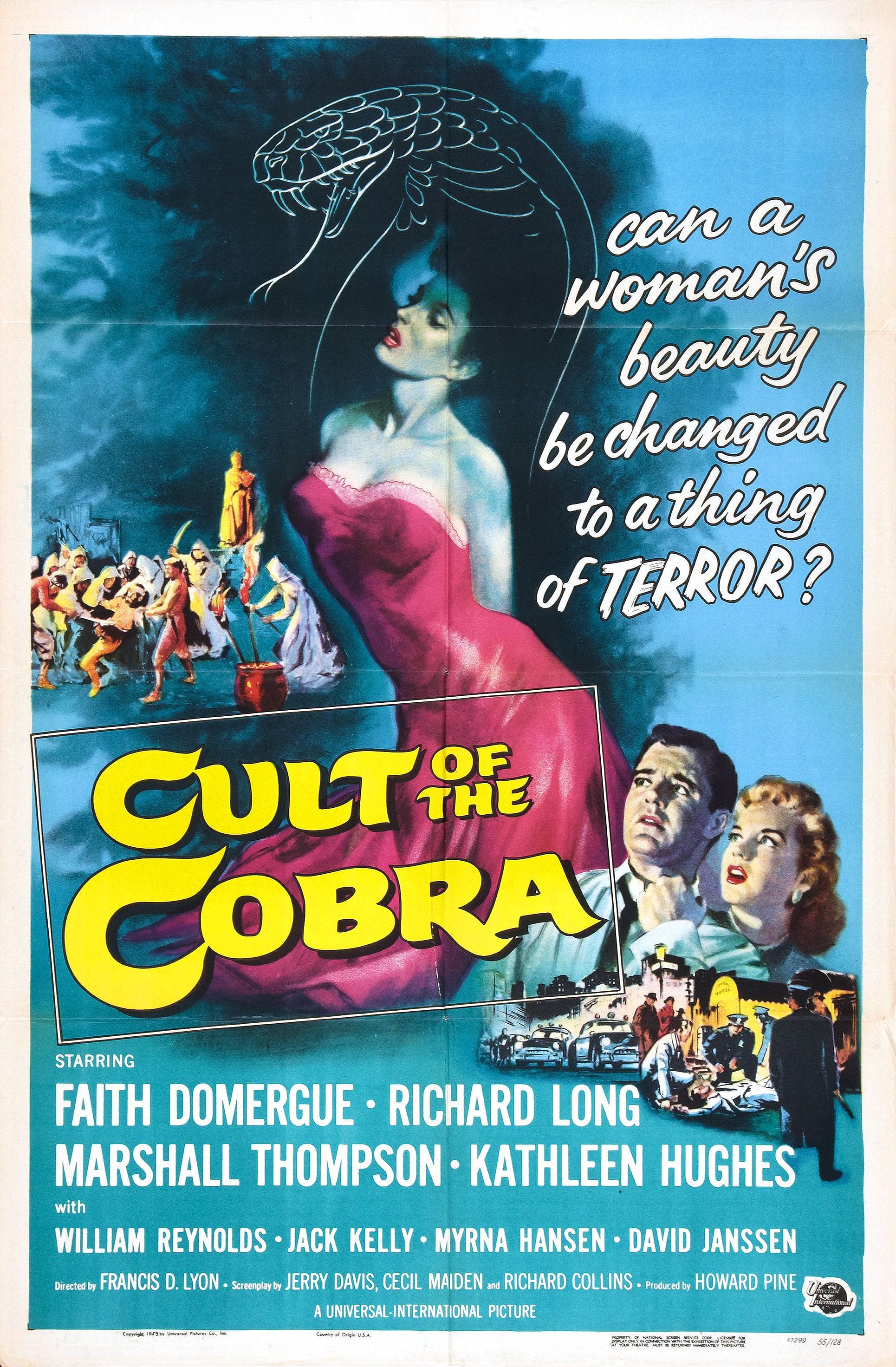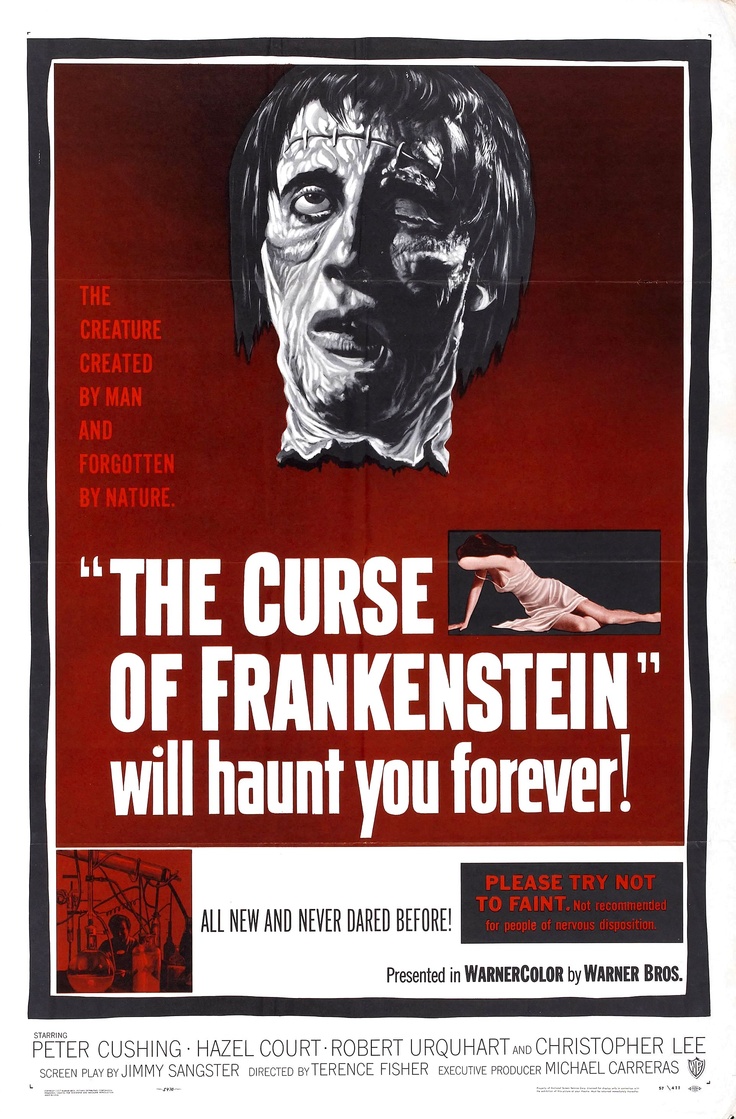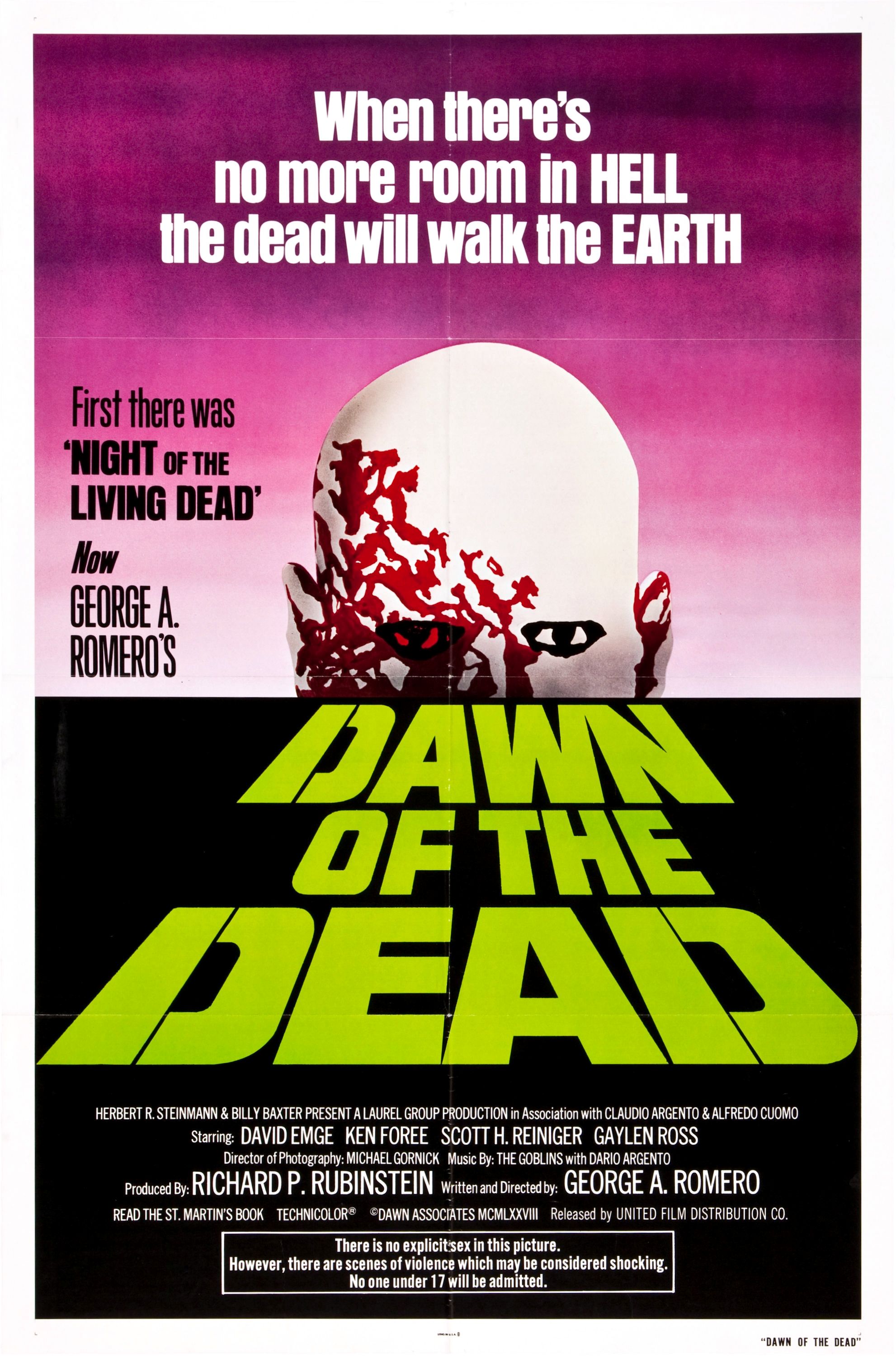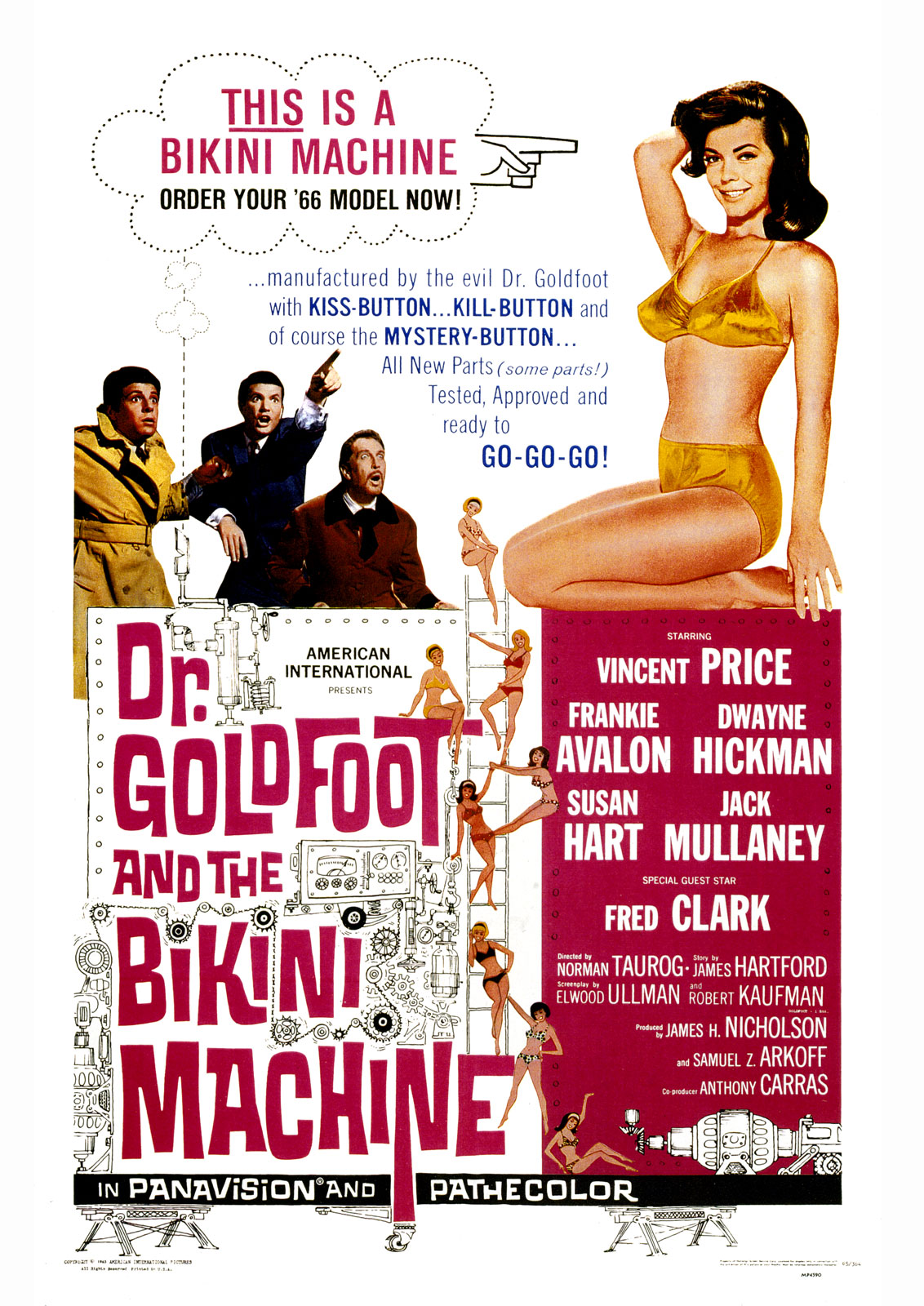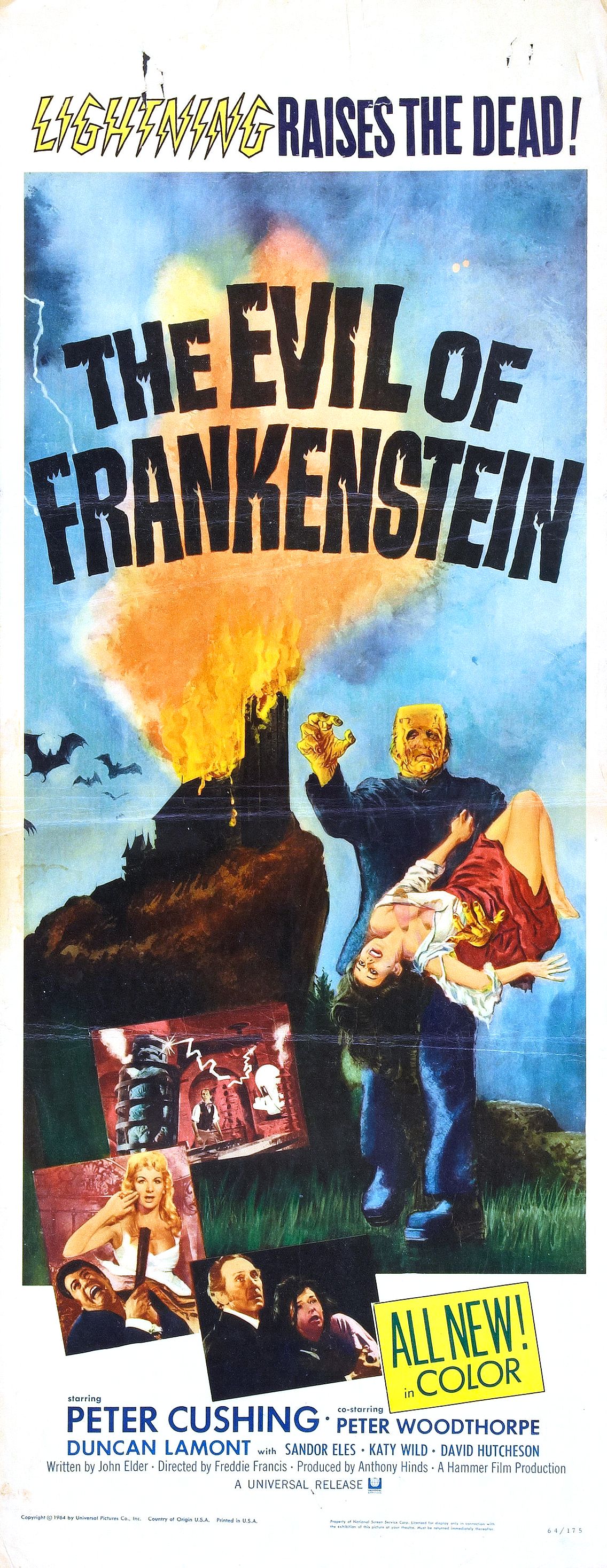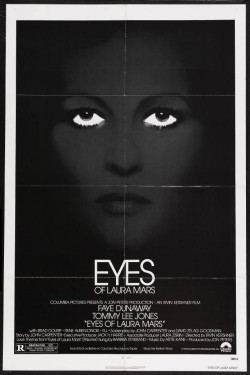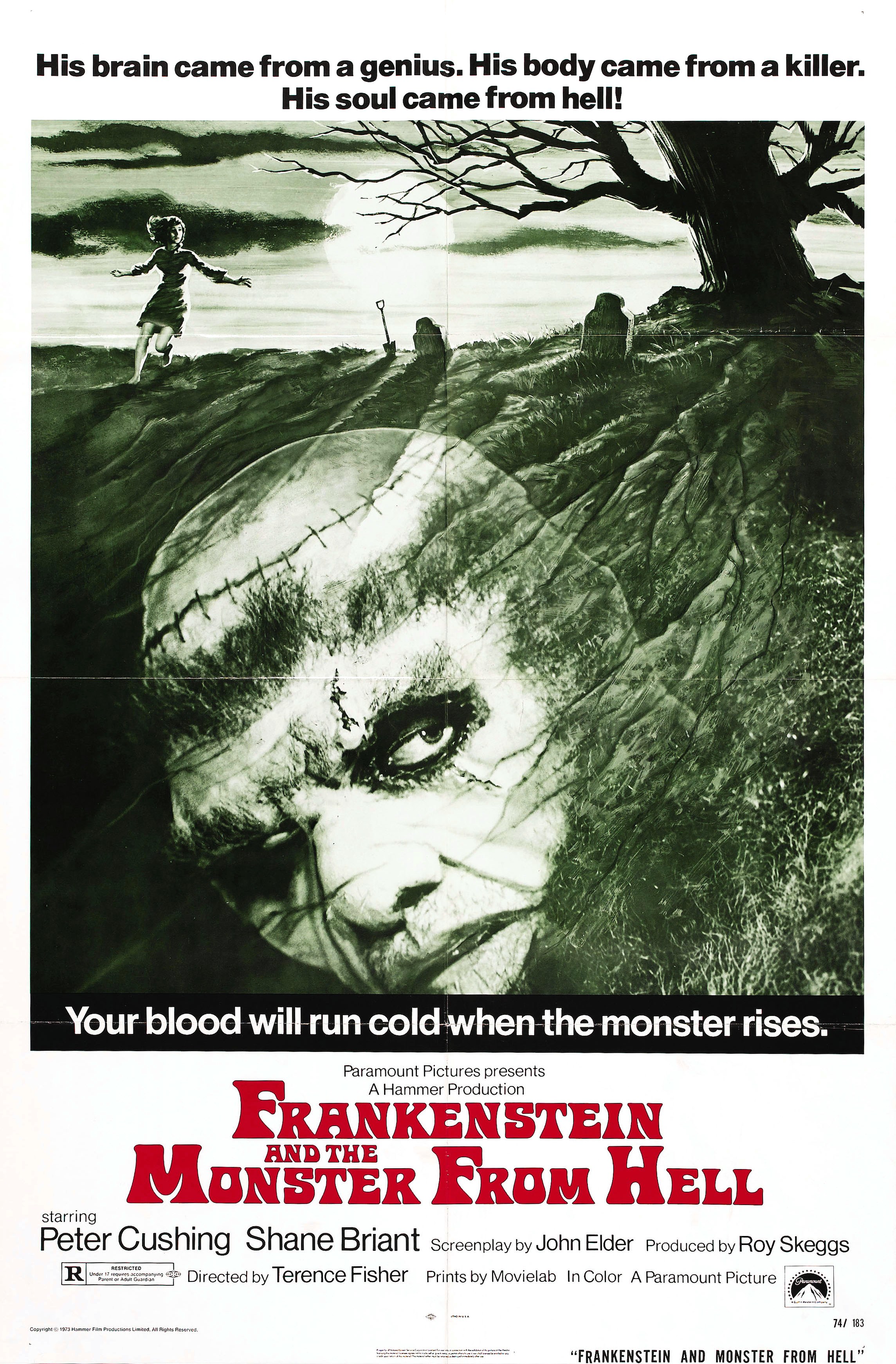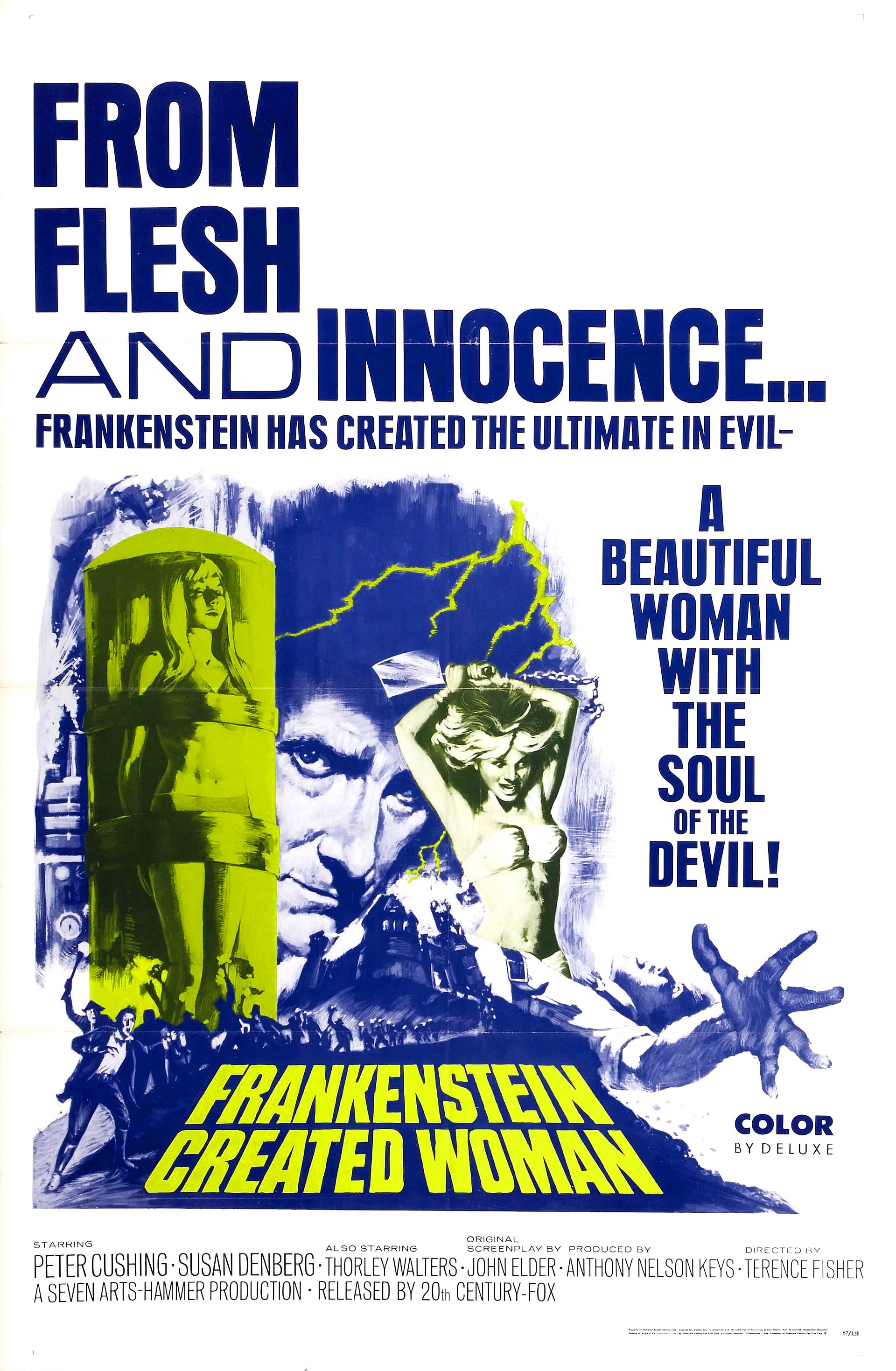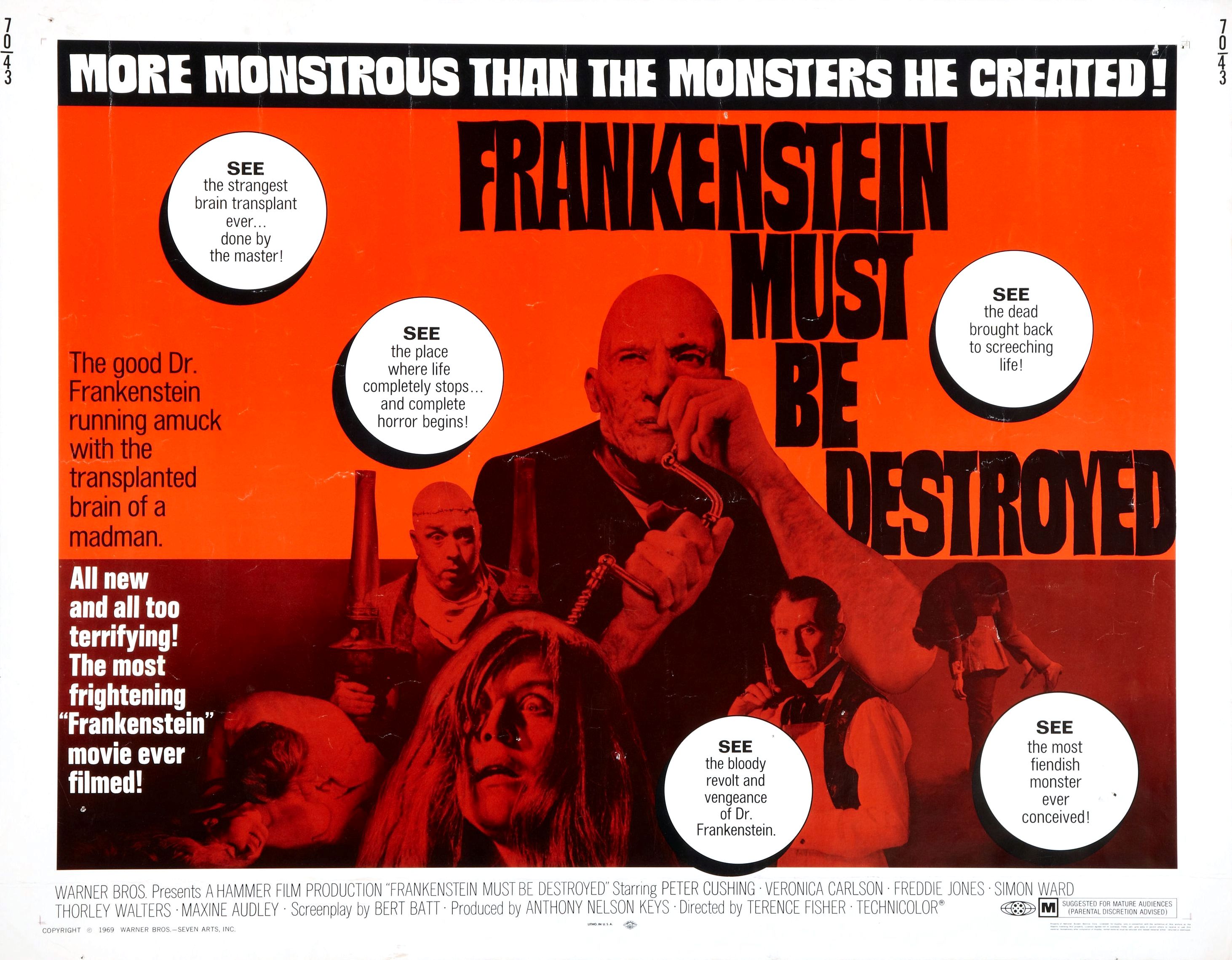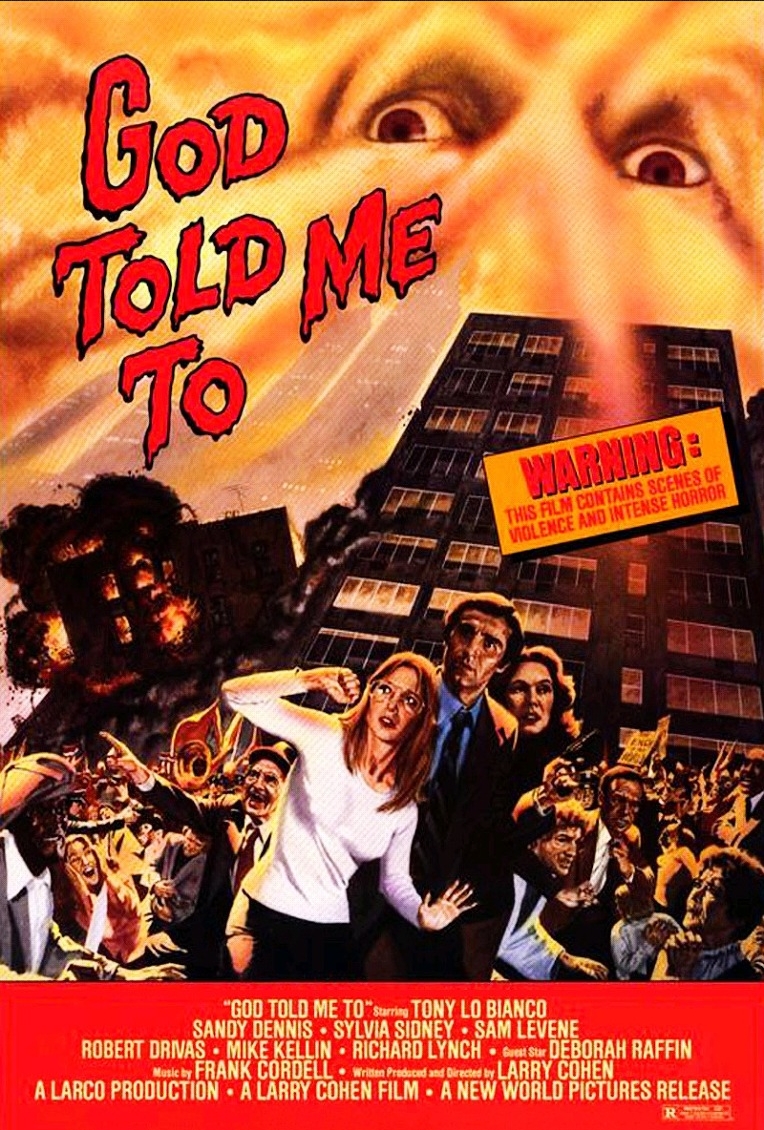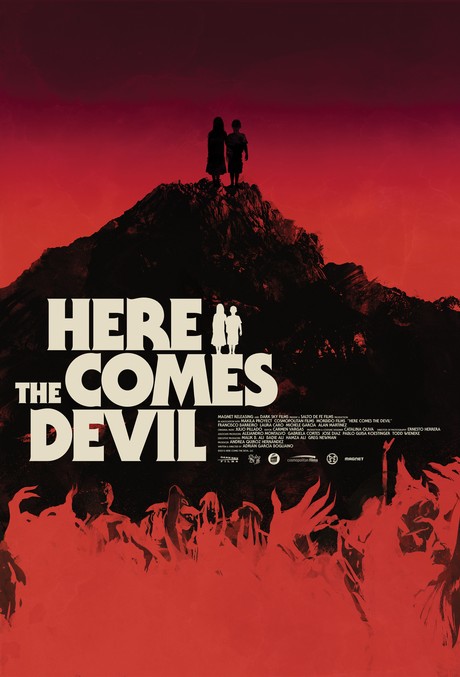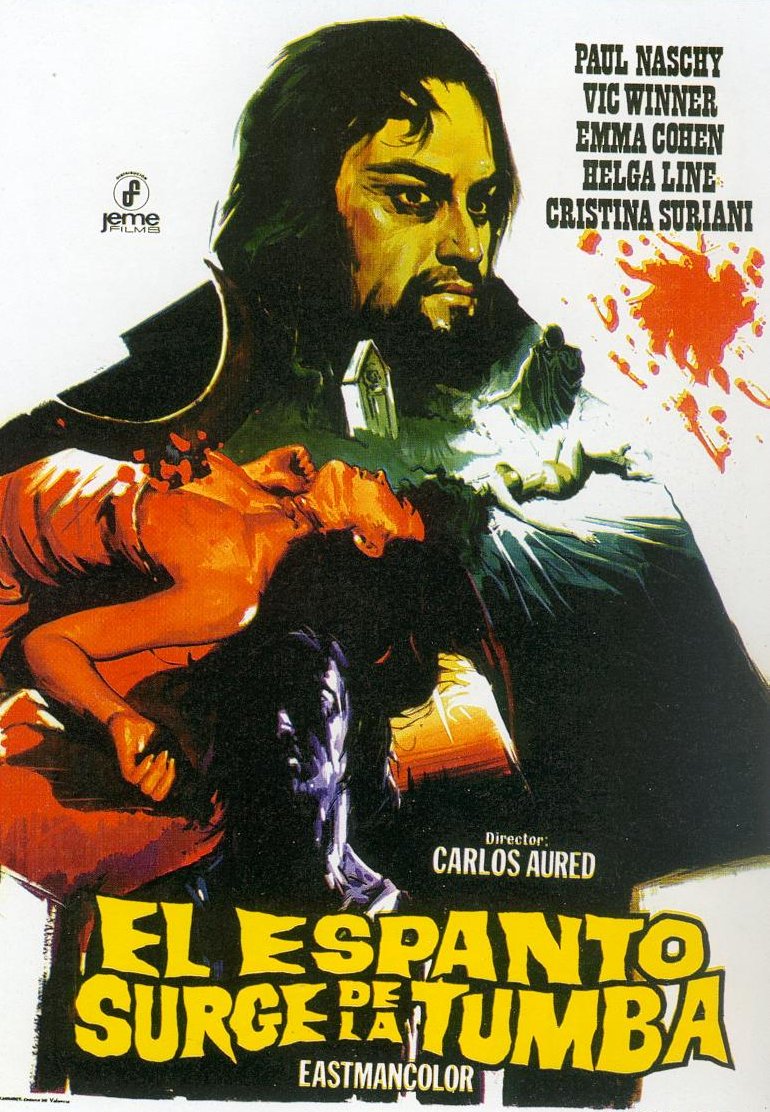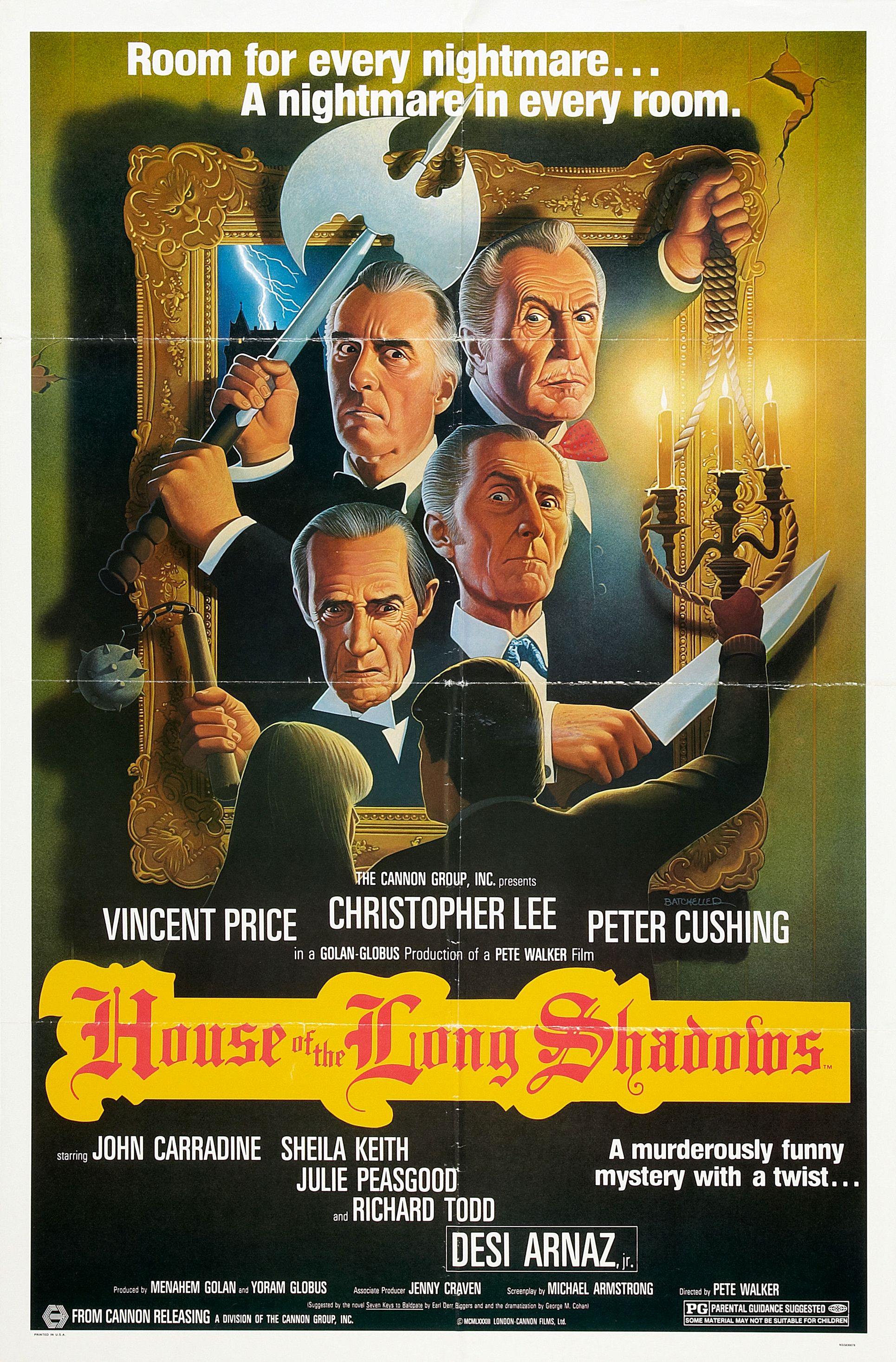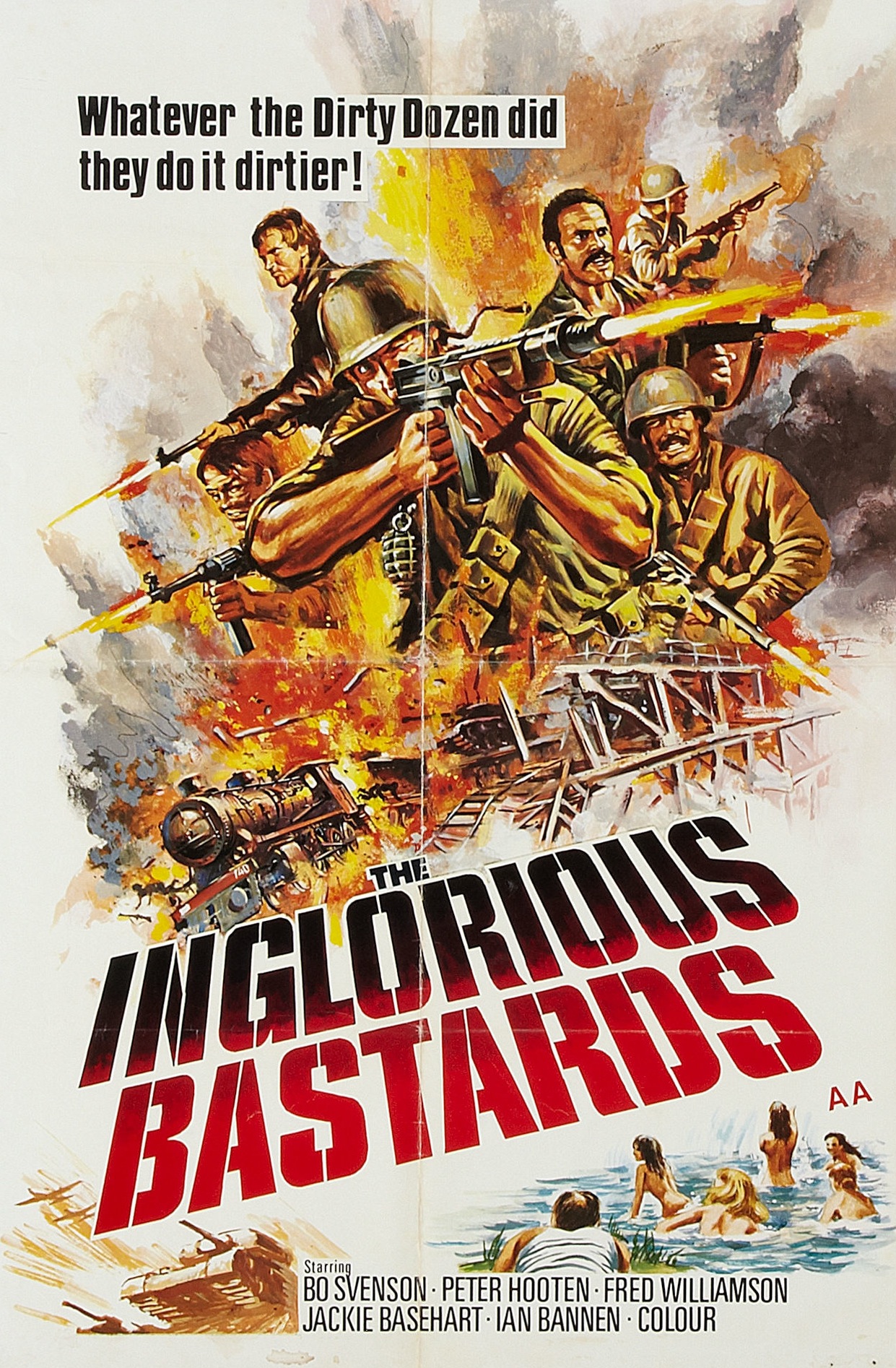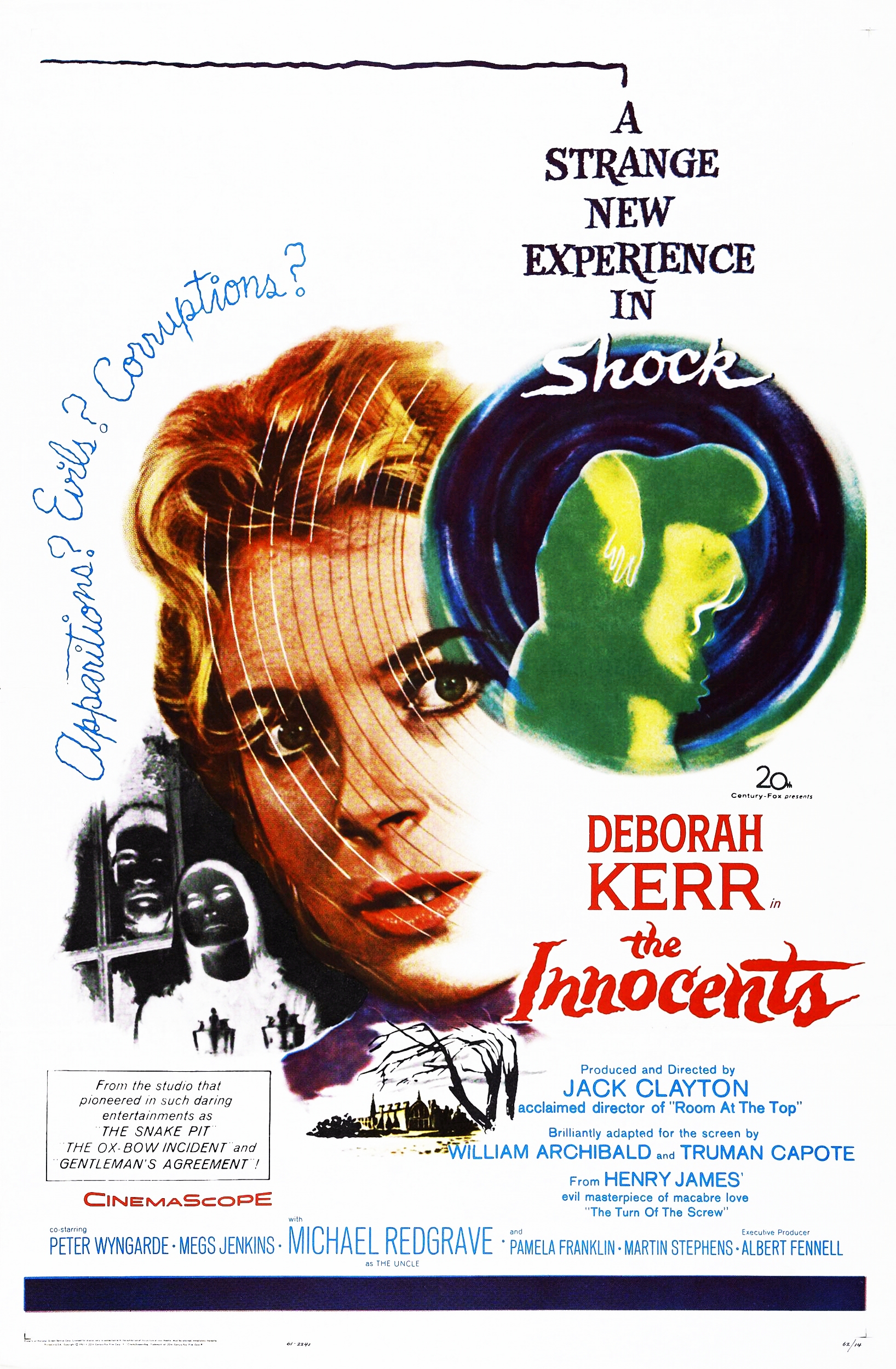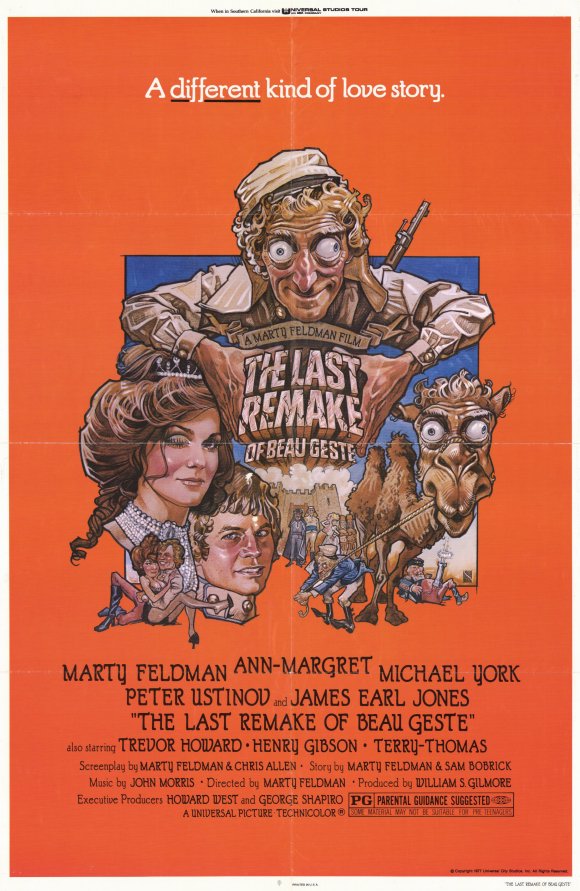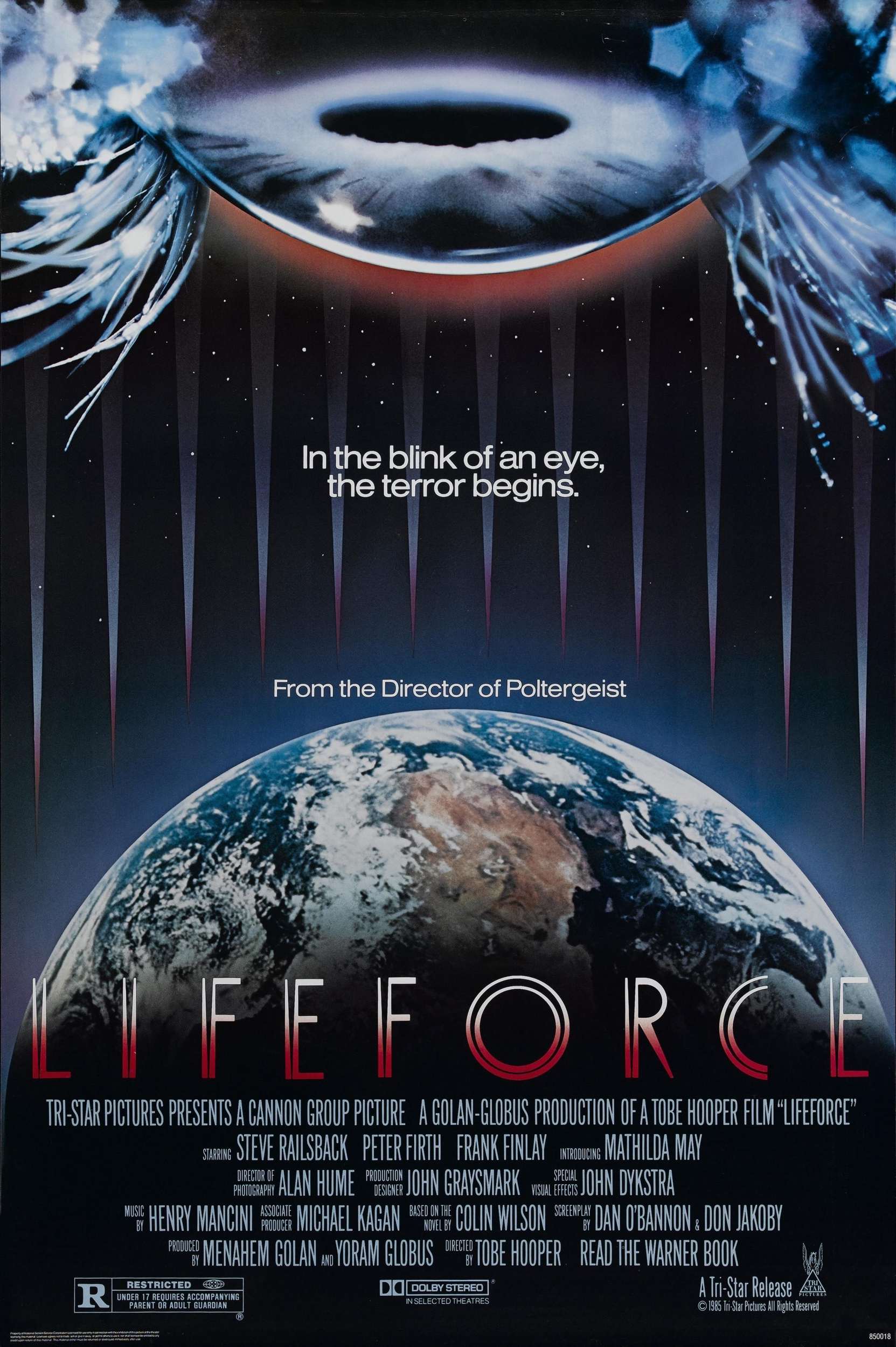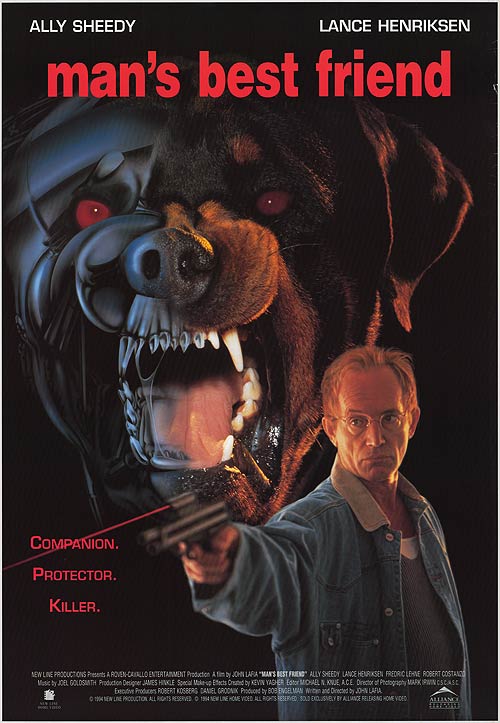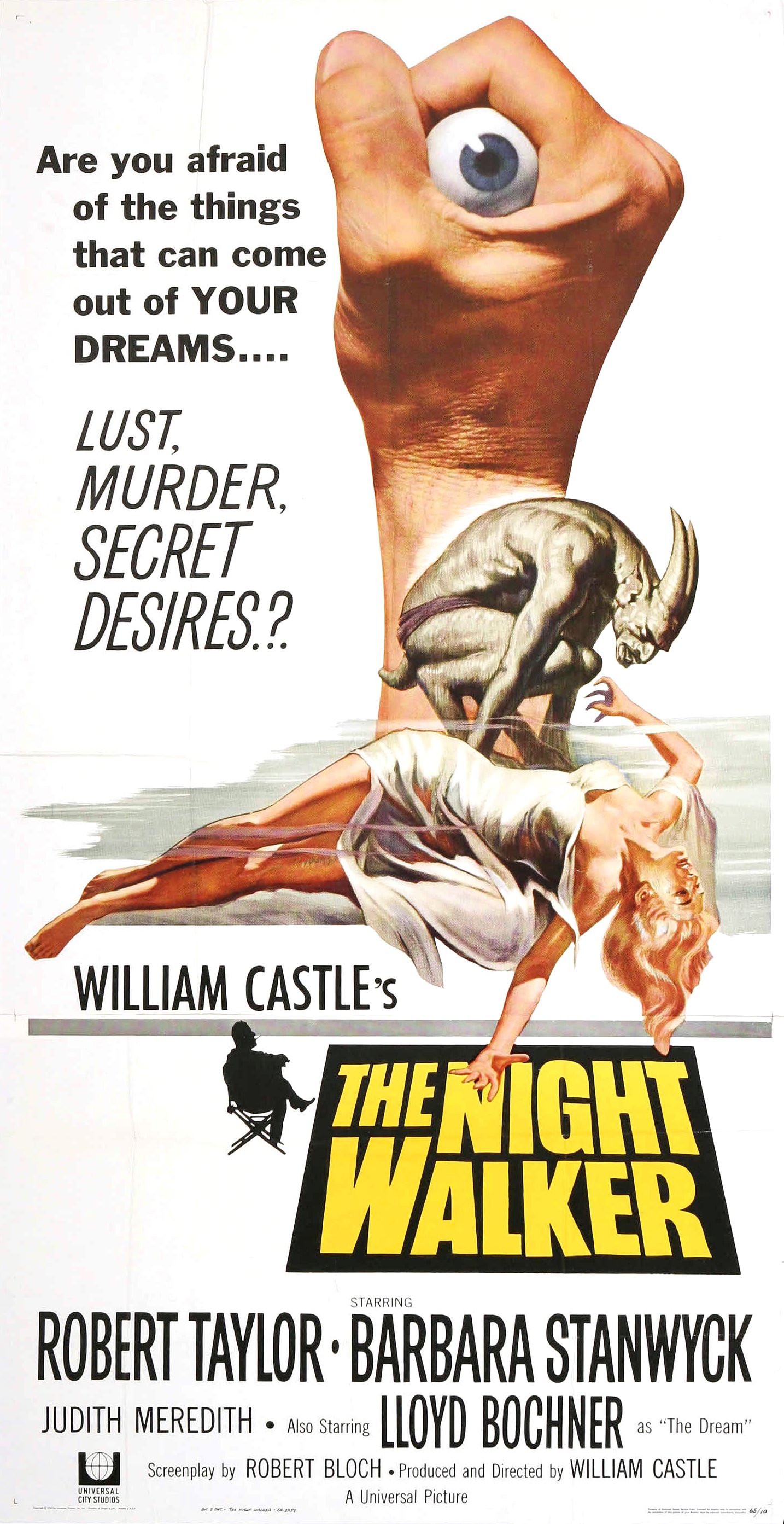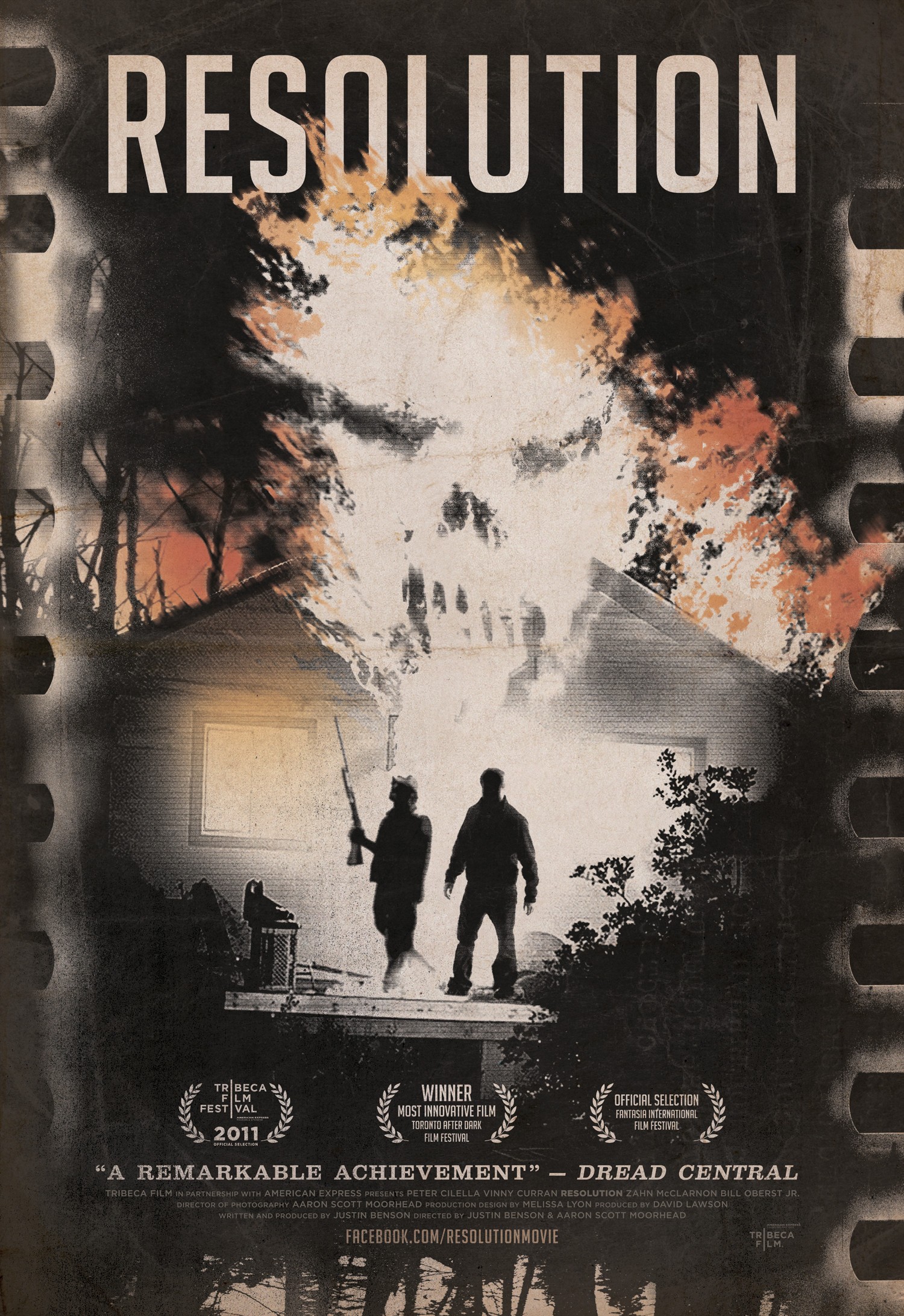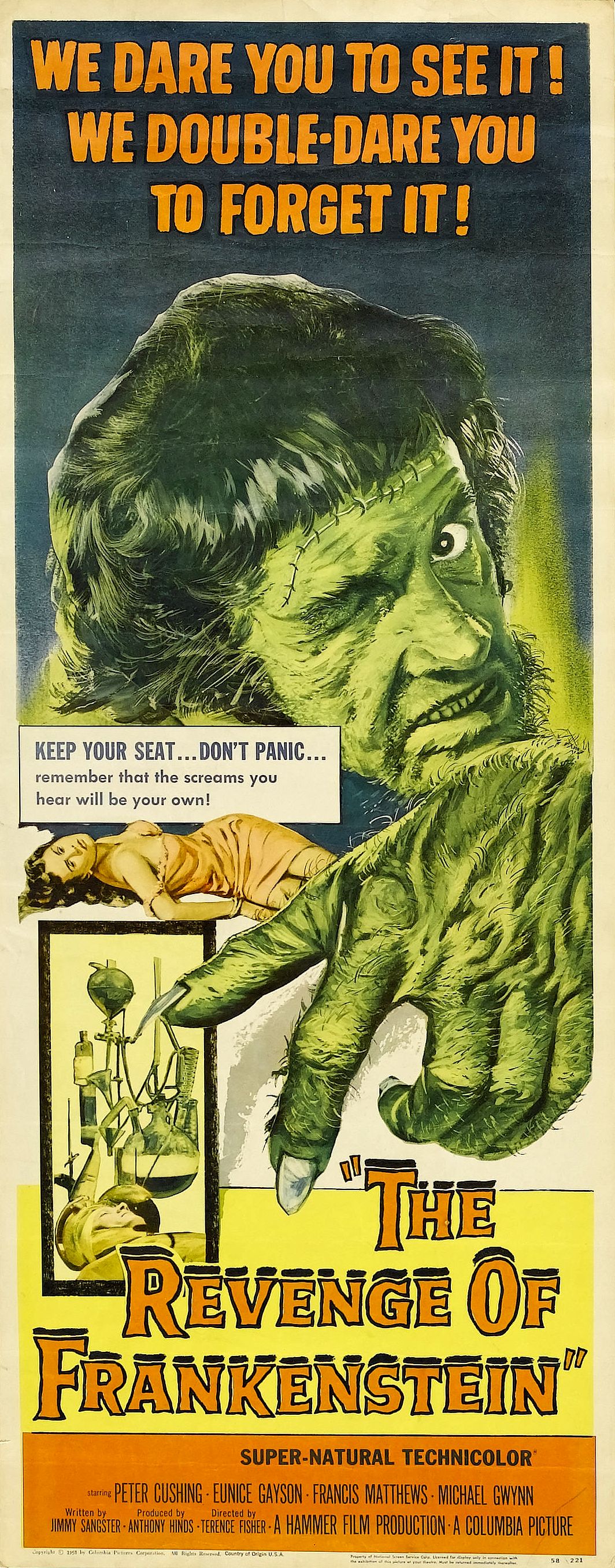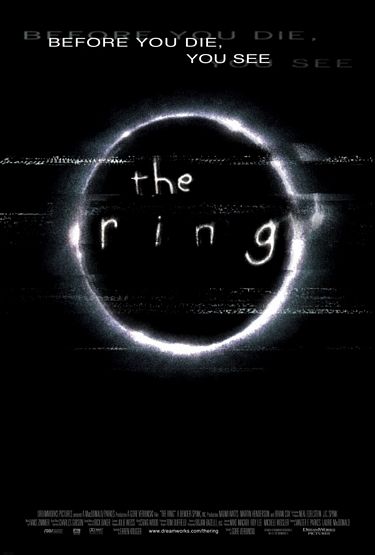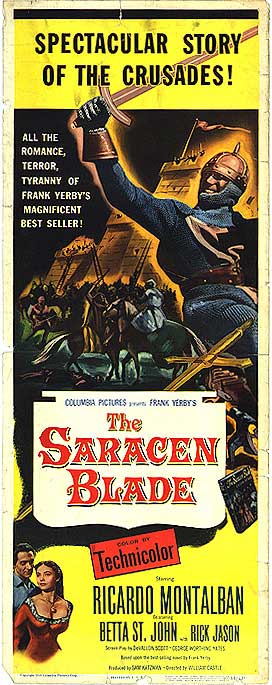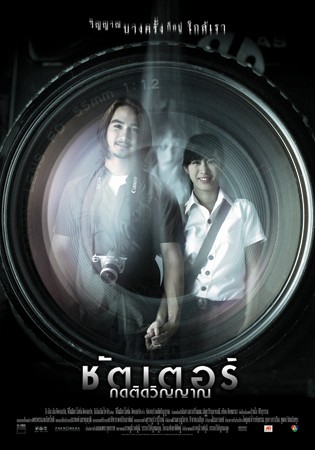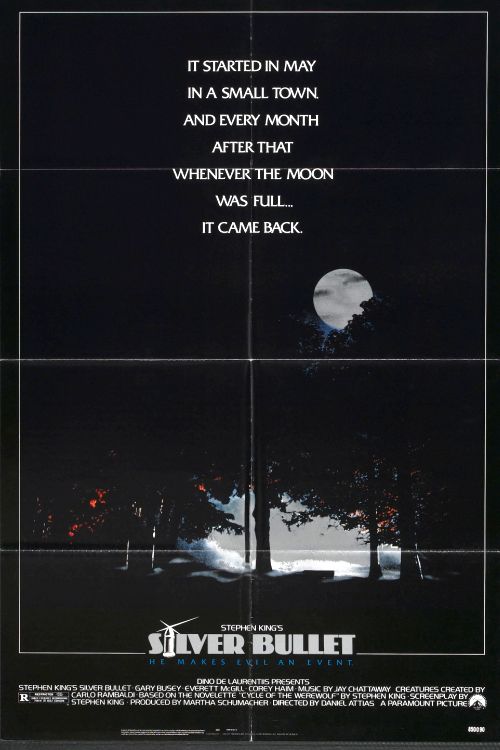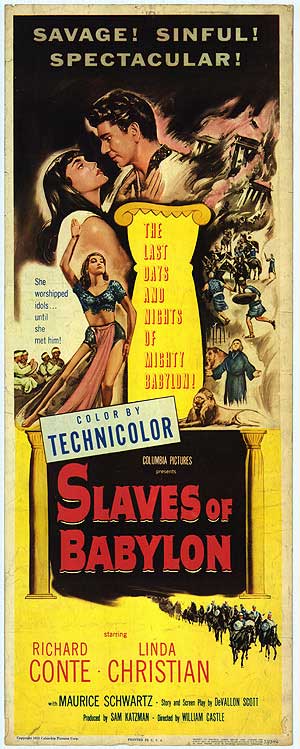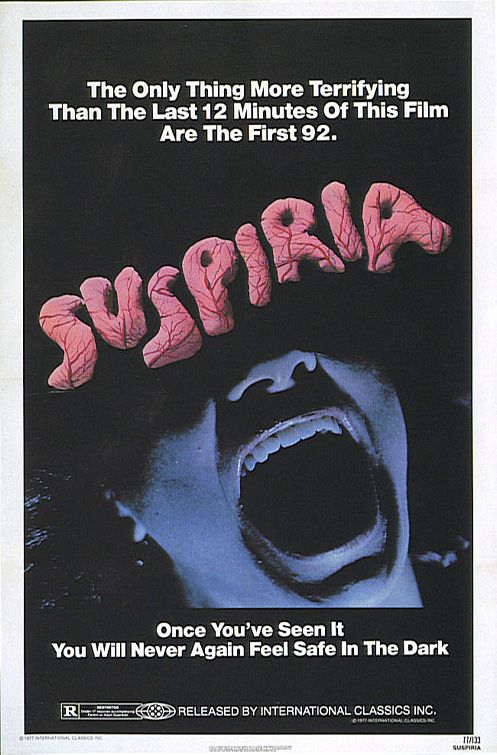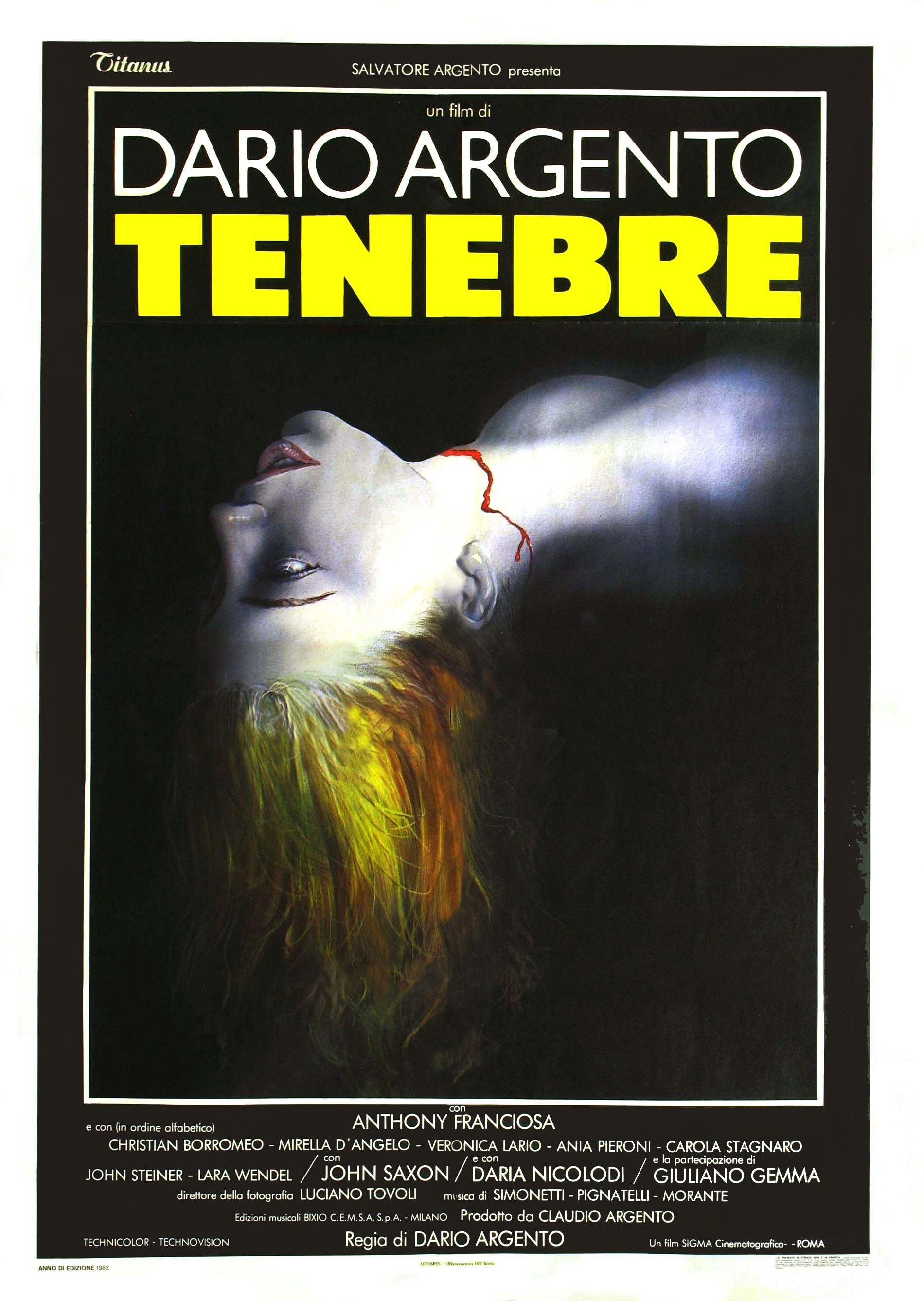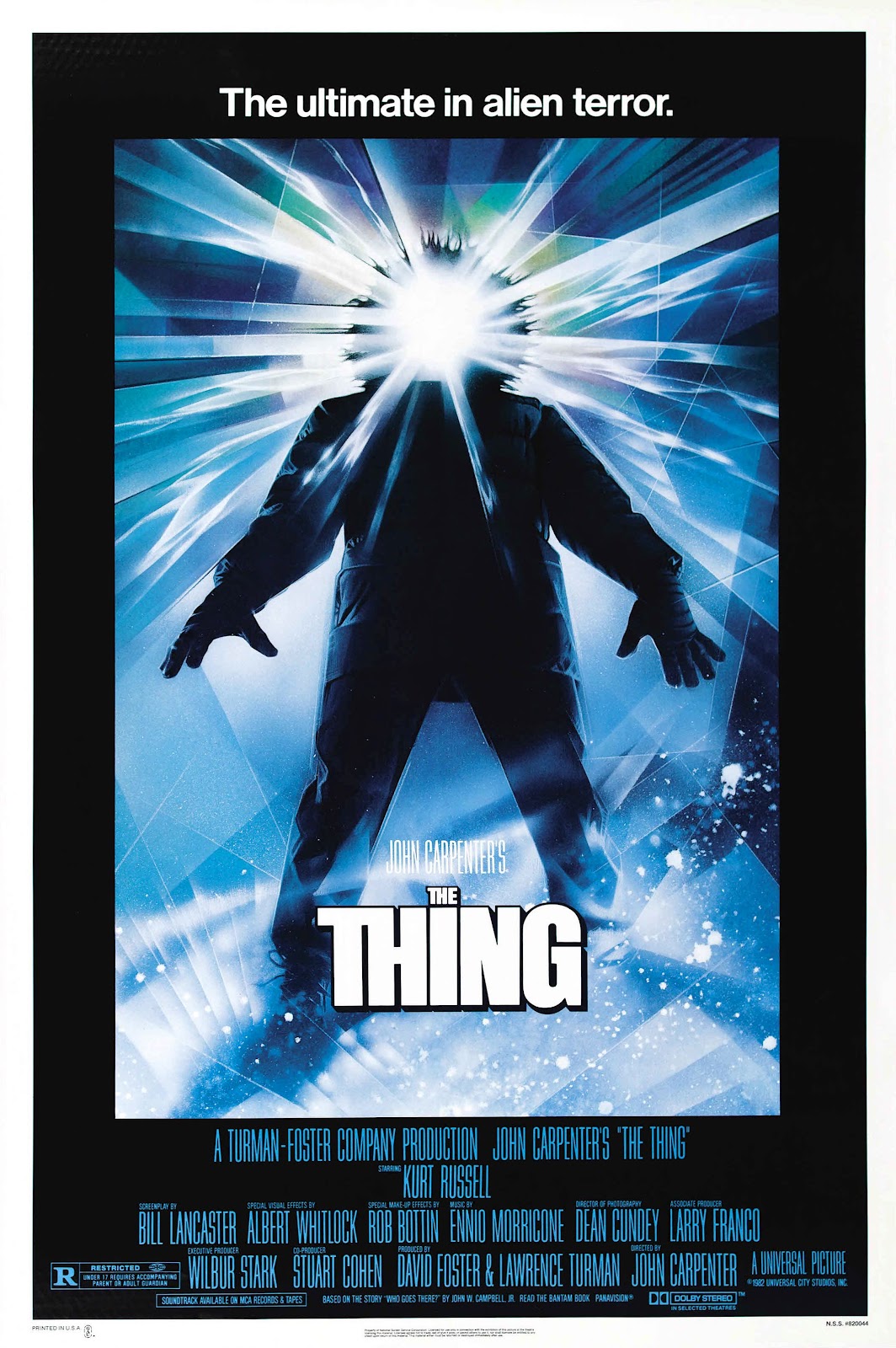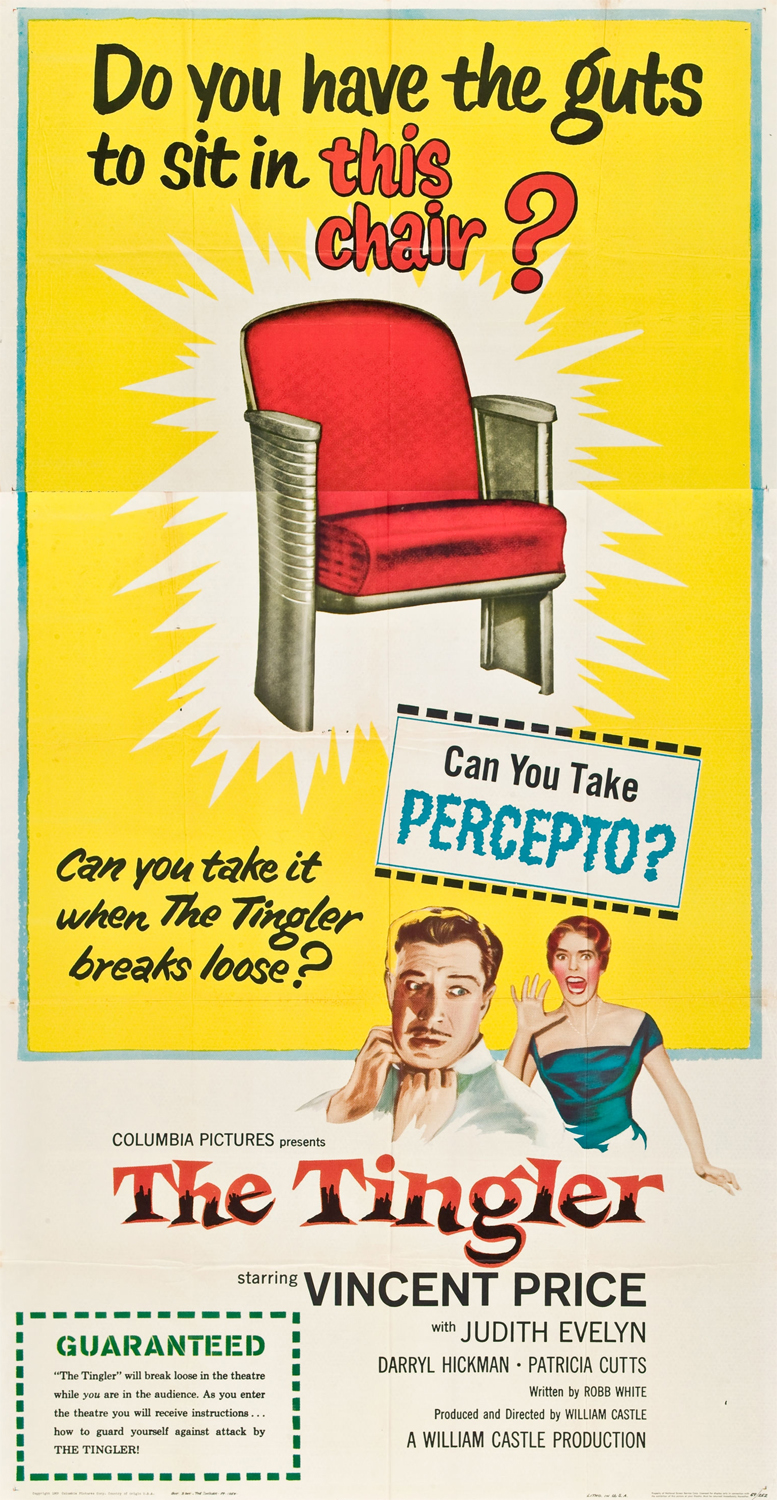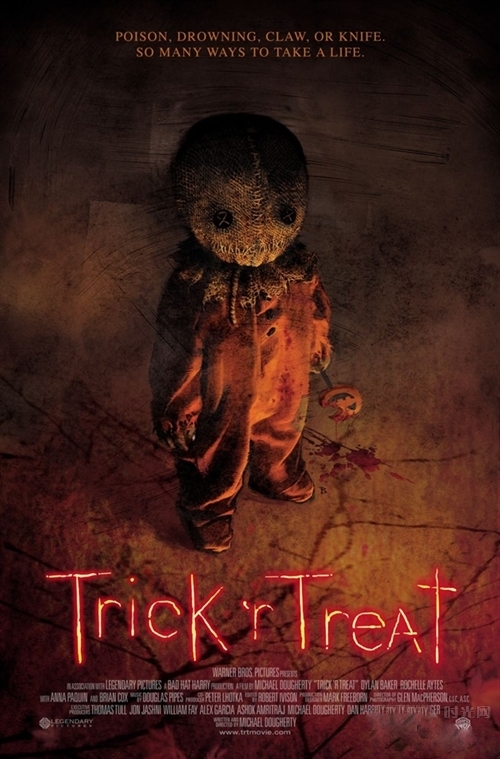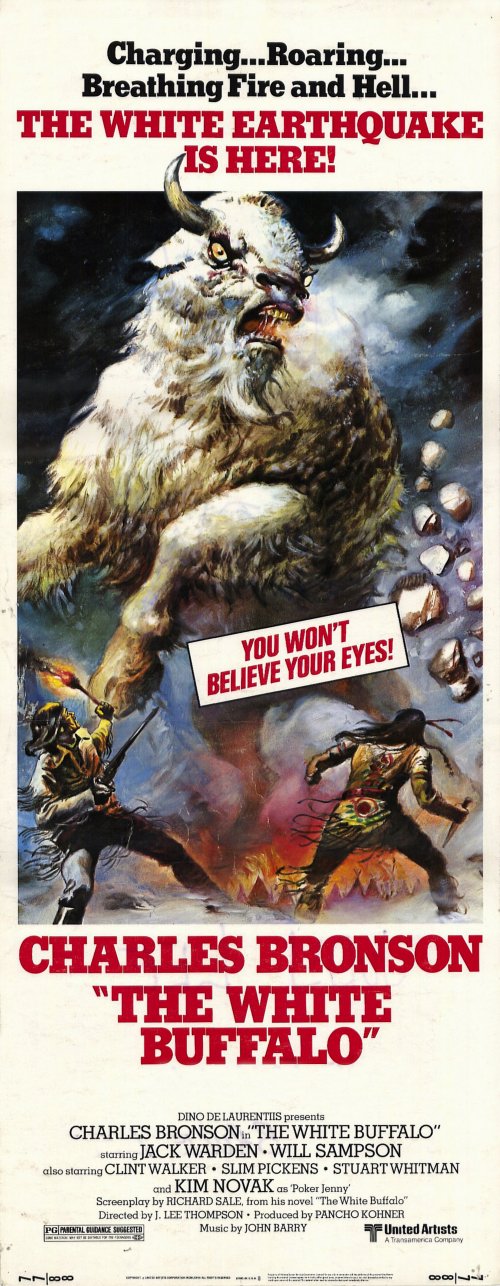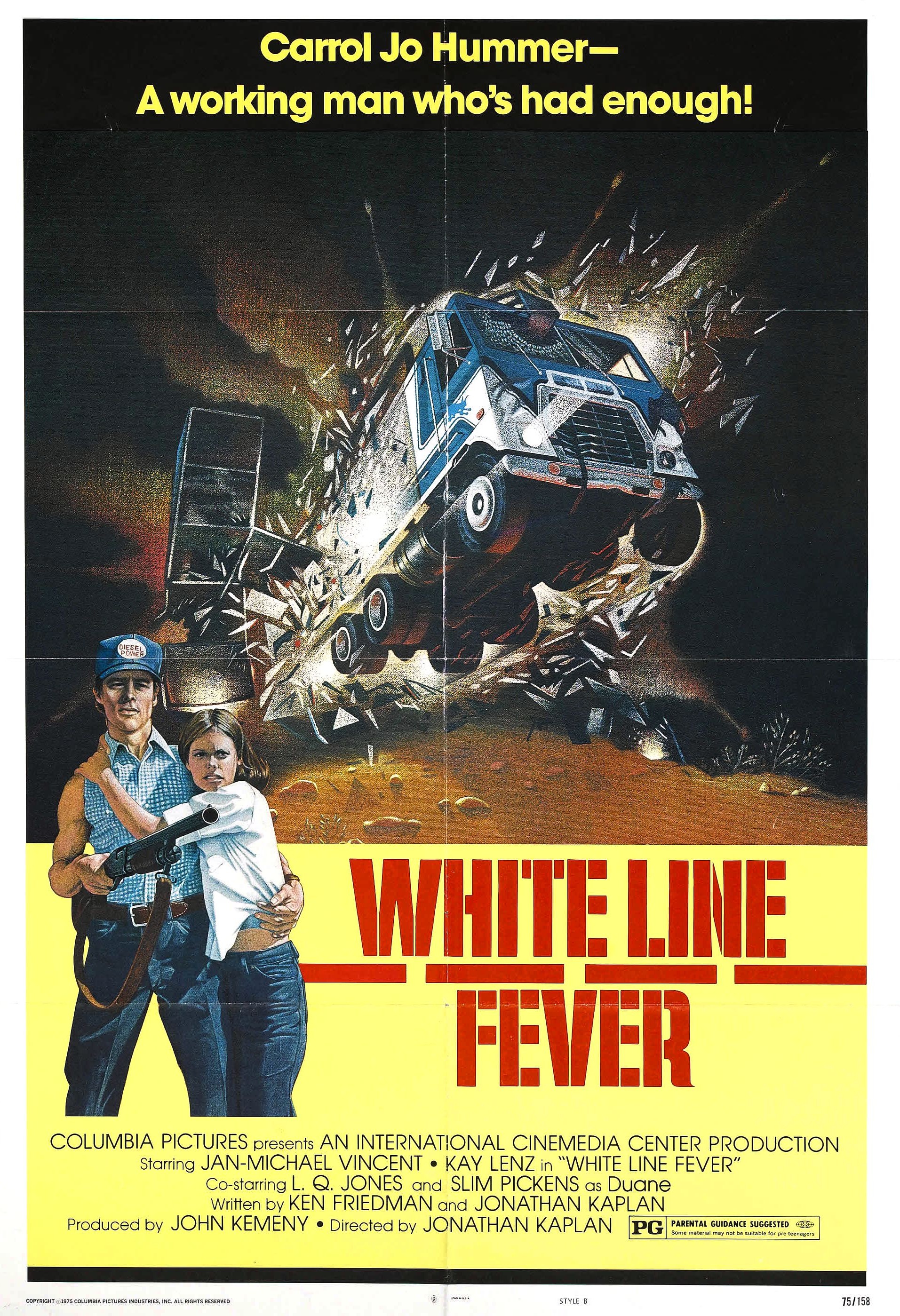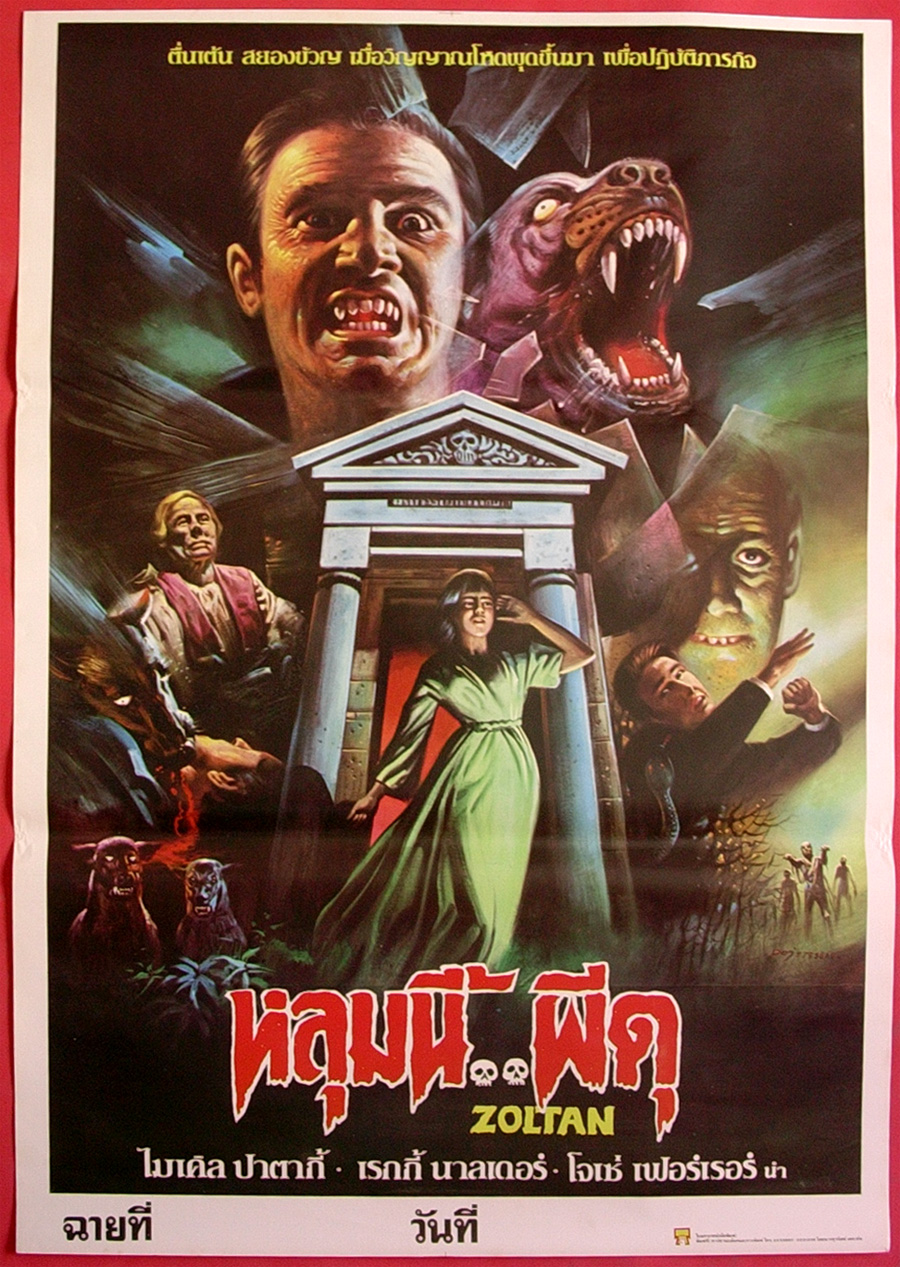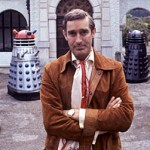
Terry Nation is best known as the creator of Doctor Who’s most enduring villains, the Daleks. After a career writing comedy for radio and television, Nation was approached by David Whitaker, story editor for a fledgling science fiction series called Doctor Who. Nation penned the second serial, initially titled “The Mutants”, and introduced the Daleks.
Initial designs of the Daleks were to be handled by Ridley Scott (yes, THAT Ridley Scott), but a scheduling conflict prevented him from working on the series, so Raymond Cusick took the helm instead and is responsible for the Daleks’ unique design. Cusick was a BBC employee on salary at the time, and despite the merchandising boom and subsequent “Dalekmania”, he was not entitled to royalties. The BBC did eventually recognize his contribution and grant him a financial reward, but to Cusick, it was merely proper design credit that he felt was his due.
Dr. Who and the Daleks (1965)
While the Doctor Who television series was still being broadcast in black-and-white, a version of “the Mutants” storyline made the leap to the big screen in Technicolor. Peter Cushing plays the good doctor, but not the Time Lord from Gallifrey made famous by the long-running BBC series. Here, he is an English inventor, an absent-minded professor, and “Who” is merely his surname, whereas in Doctor Who canon, he is generally referred to merely as “The Doctor”.
Another arbitrary change is in the nature of TARDIS. The definite article is dropped for the film, with Dr. Who referring to it as “TARDIS” rather than “The TARDIS”, though it still stands for “Time and Relative Dimension in Space”. No explanation is attempted for why Dr. Who chose a blue police box for its outer appearance, however, and there is no reference to its “chameleon circuit” or “camouflage unit” or what-have-you.
Despite all the drastic alterations to the cast, the plot basically follows that of the television serial. The heroes find themselves stranded in the middle of a petrified forest on some alien world. After some subterfuge by an insatiably curious Dr. Who, they encounter the Daleks and are taken to their city. The Daleks are locked in an ongoing war with the Thals, a humanoid race of supposed giants (though they look no larger than anyone else here, and their uniformly blonde hair from the television series has been transmogrified into some hideous copper wigs). The Daleks, heavily mutated by the exchange of nuclear weapons, built metal shells and retreated into their impenetrable city while the Thals took up an agrarian lifestyle, dependent upon constant doses of anti-radiation drugs to stay alive. Dr. Who, his two granddaughters, and the elder girl’s boyfriend take up the cause of the Thals and help them oppose the genocidal Daleks.
Daleks — Invasion Earth: 2150 A.D. (1966)
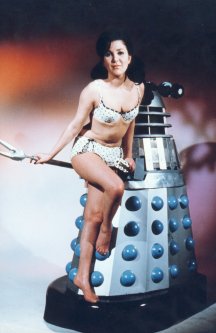
Sleeping with the enemy? Jill Curzon cozies up to a Dalek in a promotional photo for Daleks – Invasion Earth: 2150 A.D.
After the success of the first foray of the Daleks into film, the plan was to produce a Dalek movie every year as an annual event. The second story was loosely based on the 1964 serial “The Dalek Invasion of Earth”. Roberta Tovey returns as Dr. Who’s granddaughter Susan, but her older sister is replaced by a nebulous niece of the doctor’s, Louise (Jill Curzon). They are joined by London Constable Tom Campbell (Bernard Cribbins) just before traveling to the future London of 2150.
There, they are alarmed to find the city in ruins, dominated by the Daleks and their cybernetic converts, the Robomen. The heroes quickly team up with an underground resistance movement based in the London Underground. Eventually, they learn that the Daleks are using the Robomen to drill to the Earth’s core. There, they will place an engine which will allow them to use the entire planet as a vessel to carry them back to their homeworld of Skaro.
Not part of the Dalek plot, but part of the film’s financing is the seemingly everpresent product placement for “Sugar Puffs”. If this were done during the Russell T Davies relaunch of the television series, I would think it was a meme to foreshadow some “big bad” down the road, but it’s much more insidious than that. The collaboration must have done some good, as both the Daleks and Sugar Puffs continue to be a danger to the modern children of Britain.
Despite great expense promoting and merchandising the film, Dalekmania had seemingly run its course, and the second film grossly underperformed. The Times was particularly cruel in its review, stating “Grown-ups may enjoy it, but most children have more sense.” Despite disdain from Doctor Who purists, the films certainly helped further the imagery and longevity of the Daleks as iconic science fiction villains.
The House in Nightmare Park (1973)
Co-written and co-produced by Nation, The House in Nightmare Park was one of a number of 1970s films that parodied the success of the Hammer Horror franchise. The film is largely a vehicle for veteran comic Frankie Howerd (Sgt. Pepper’s Lonely Hearts Club Band), who plays Foster Twelvetrees, a bombastic thespian invited to perform a dramatic reading in a creepy old Gothic mansion. Spooky hijinks ensue. Ray Milland (The Thing with Two Heads) plays the master of the house and patriarch to the strange Henderson clan. I must confess I stumbled upon this film while researching this tribute, but now I fully intend to watch it in its entirety based largely on the clip below. Enjoy.
Later Work
Terry Nation continued to work in science fiction television, creating the post-apocalyptic series Survivors and the influential Blake’s 7. He died from emphysema in 1997 while working on a revival of Blake’s 7 with series star Paul Darrow. Survivors saw a brief, two season revival in 2008. While a sequel or relaunch of Blake’s 7 has yet to see the light of day, its tale of renegades on the run from the totalitarian Terran Federation was a stark contrast to the benevolent Federation of Star Trek and a direct precursor to such shows as Lexx, Farscape, and Firefly. As an ardent fan of all three of those iconoclastic shows as well as those dastardly Daleks, a posthumous “thank you” is certainly overdue for Terry Nation.


